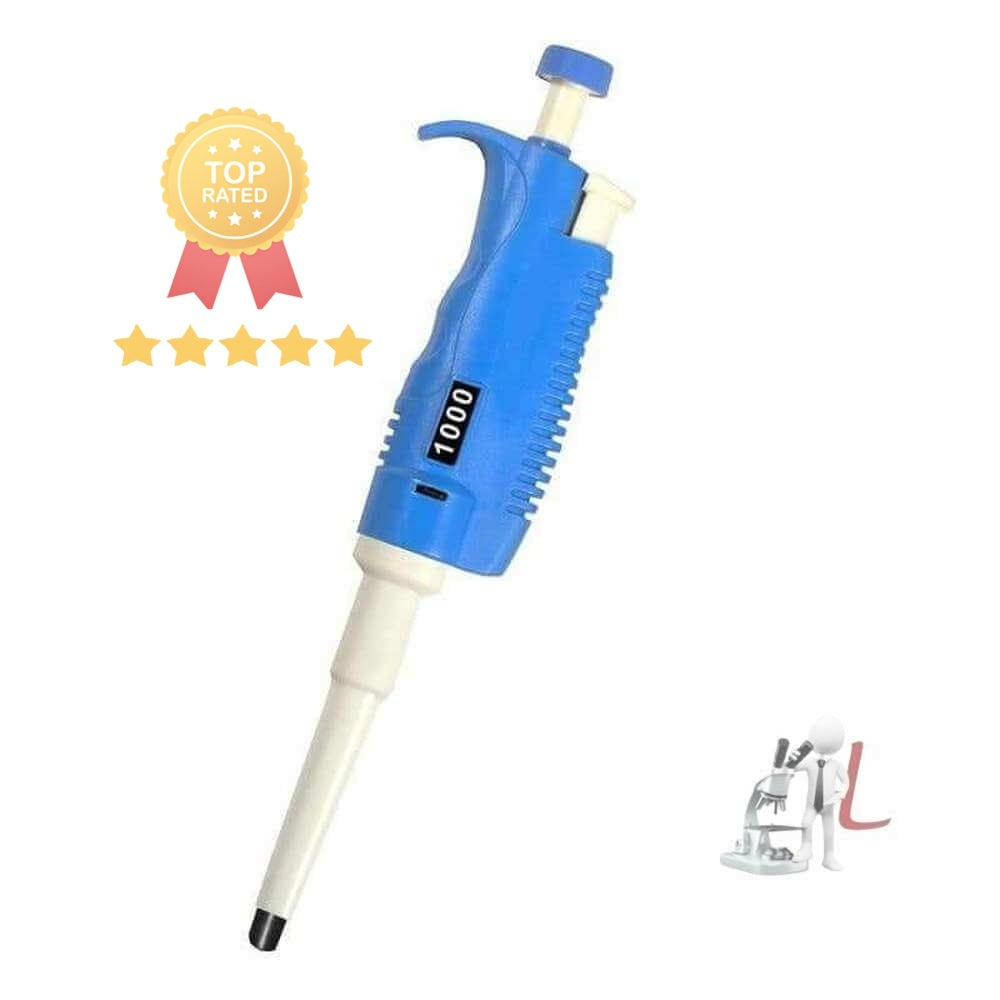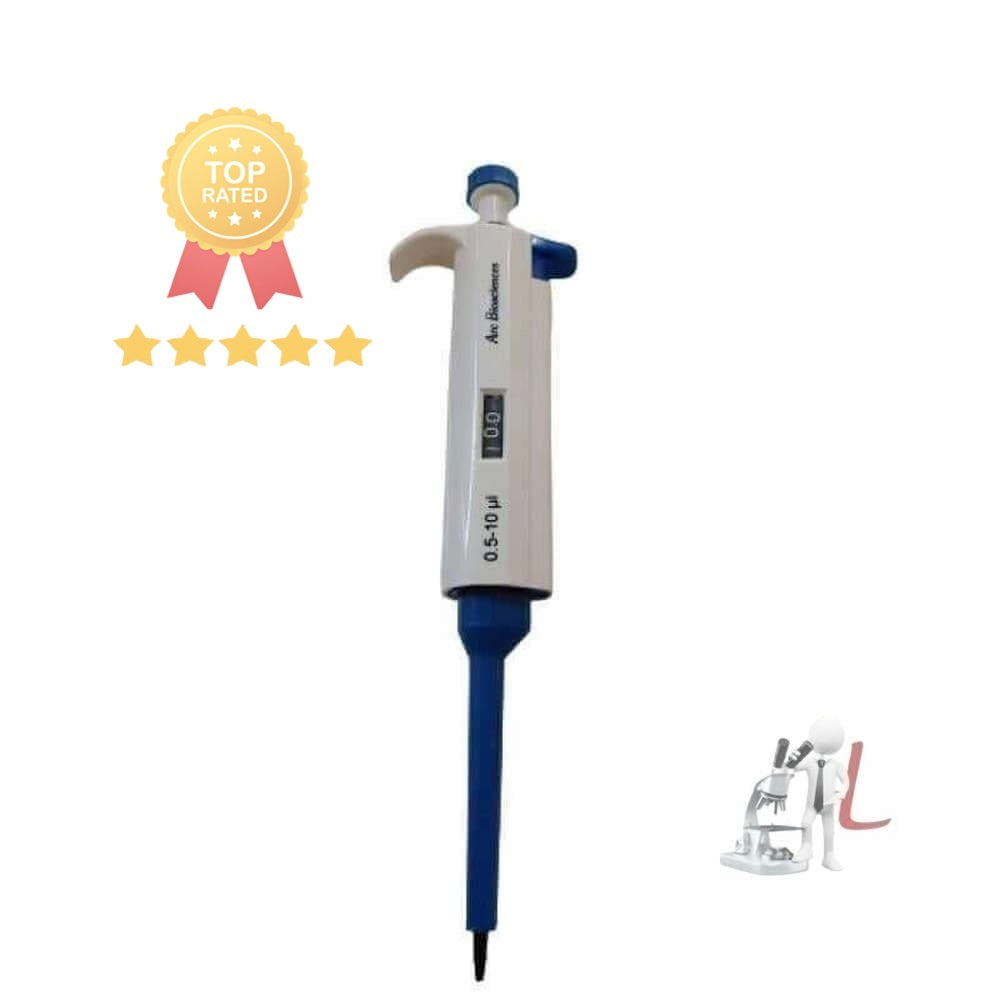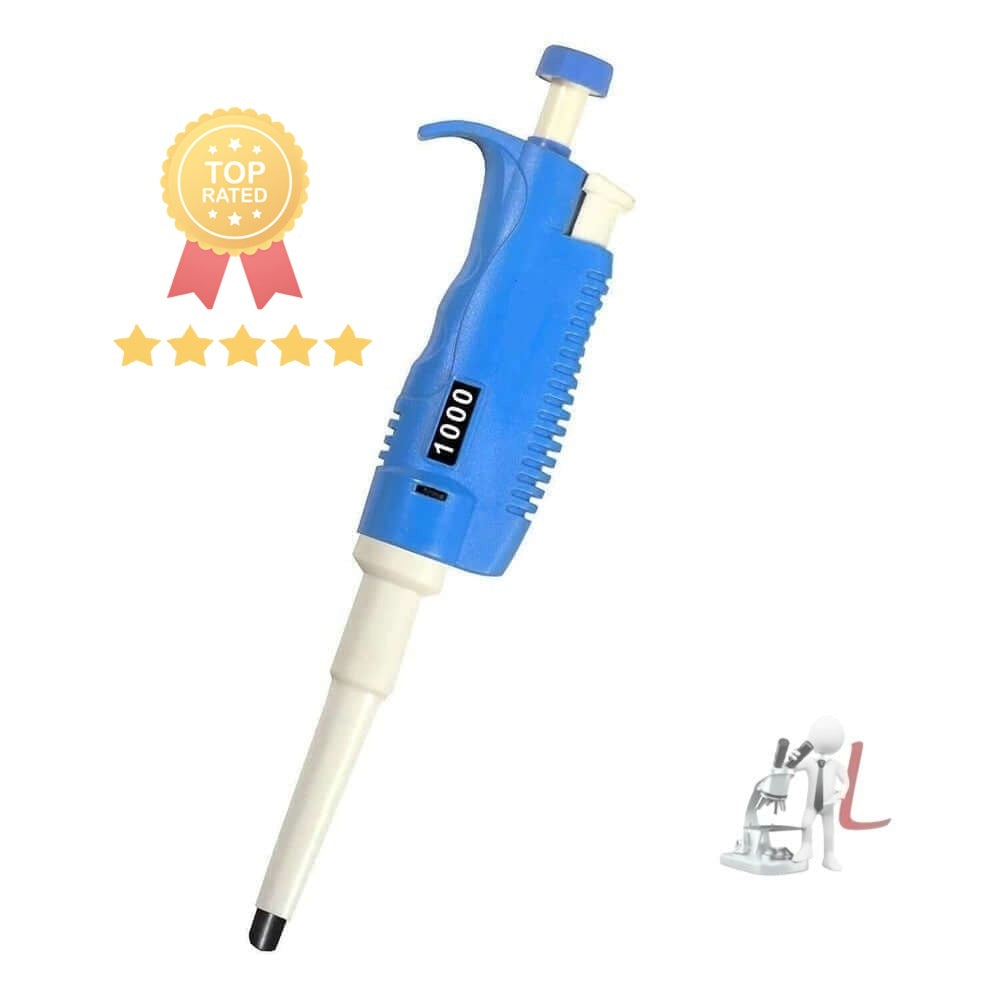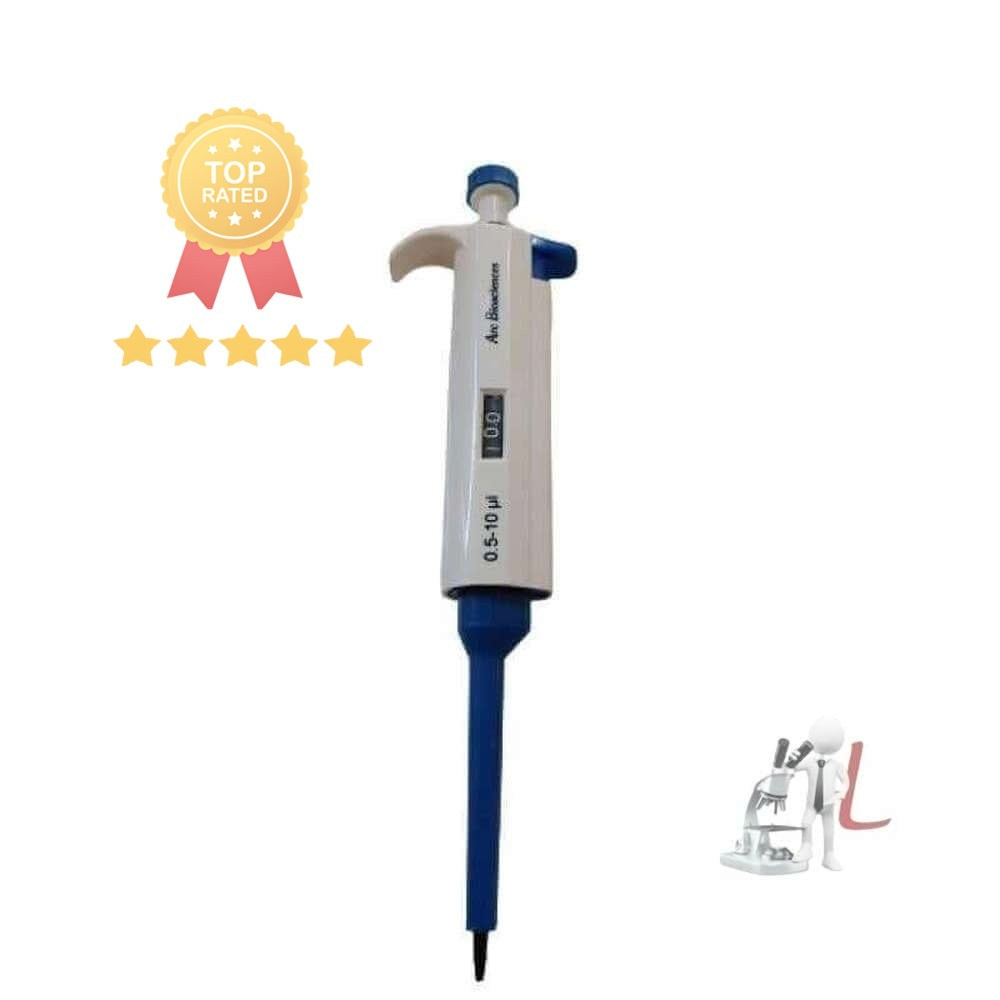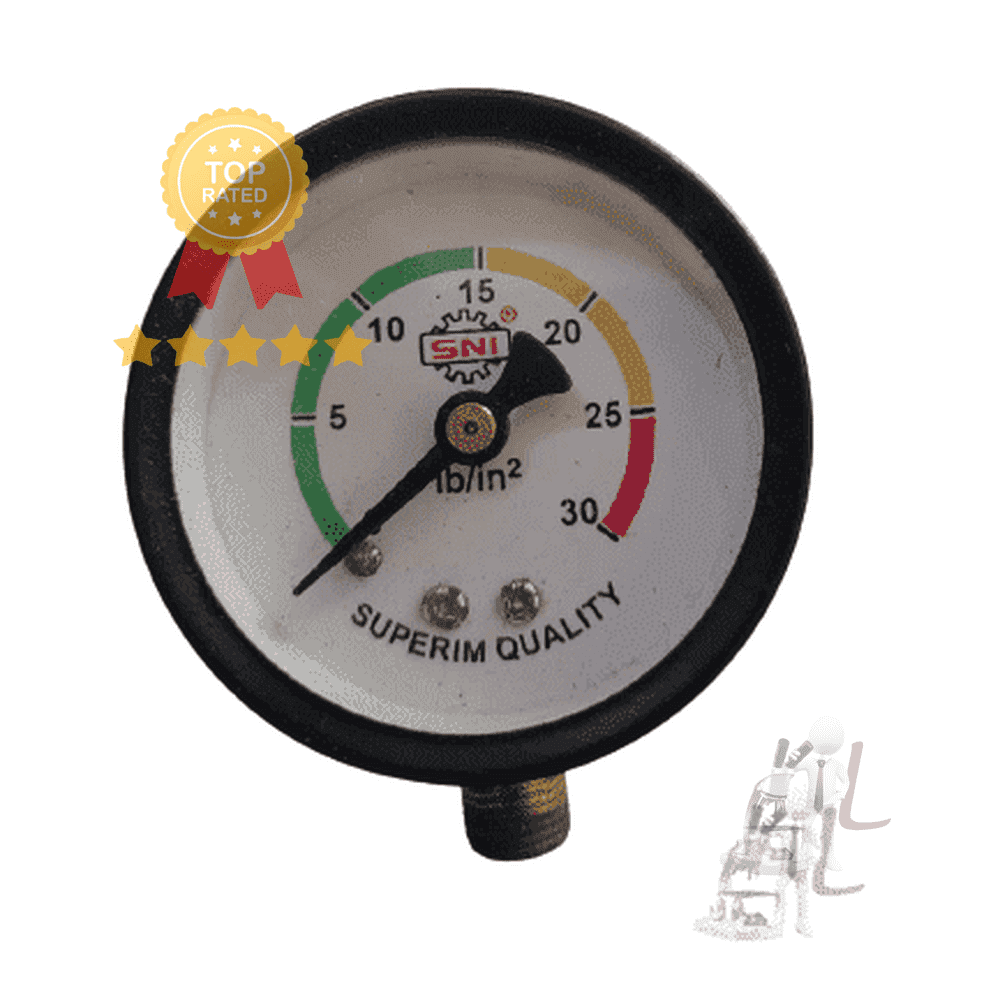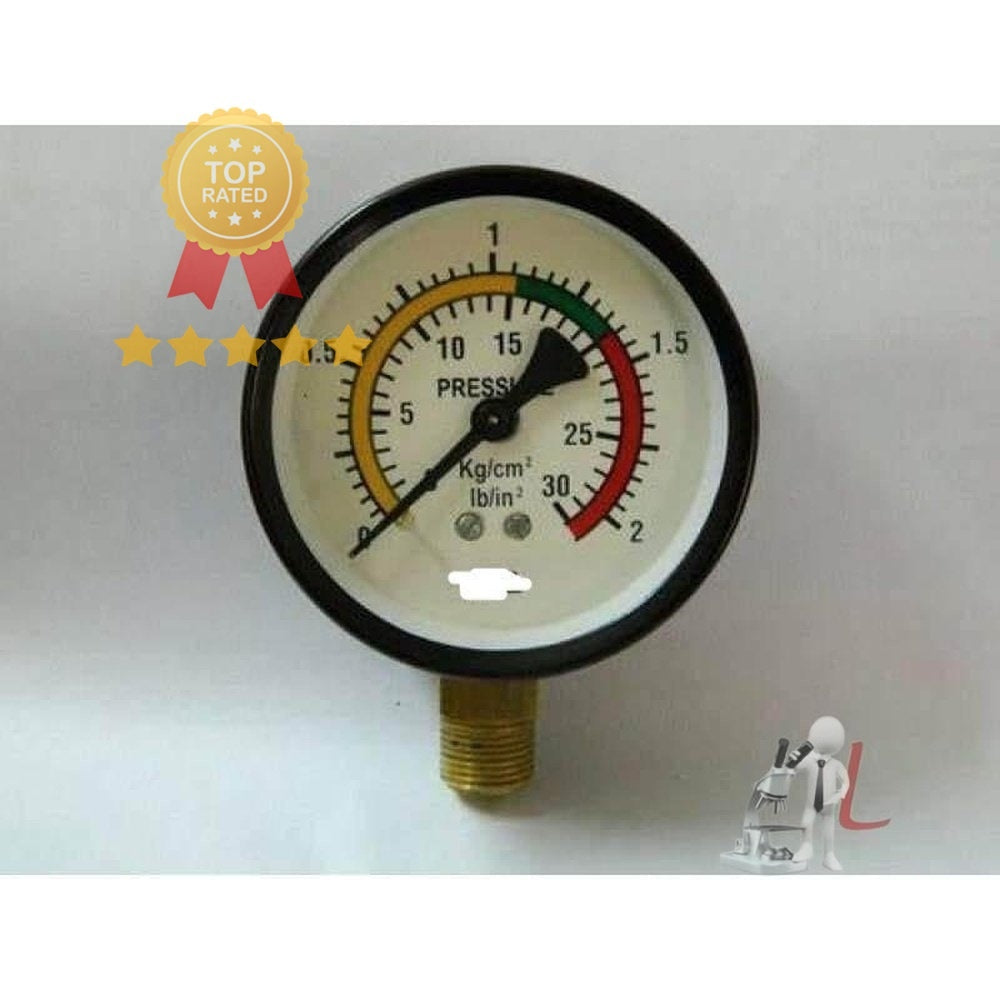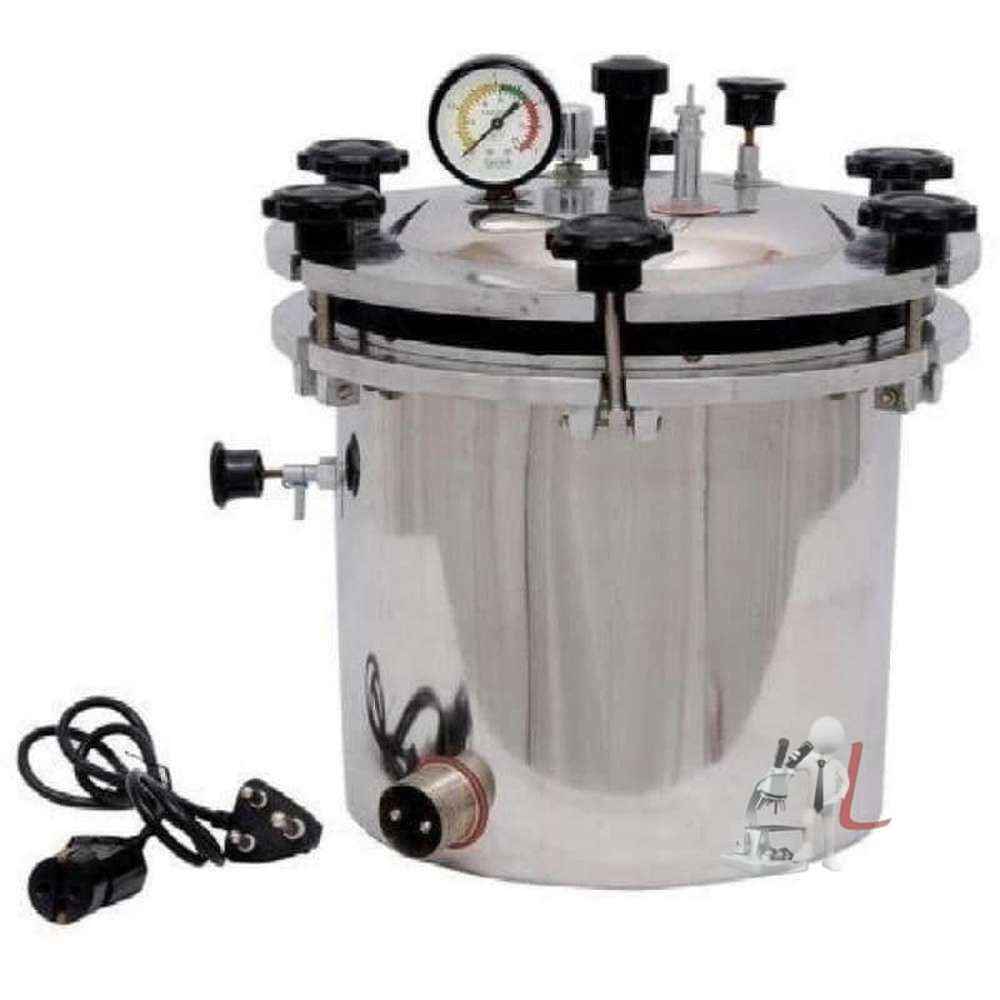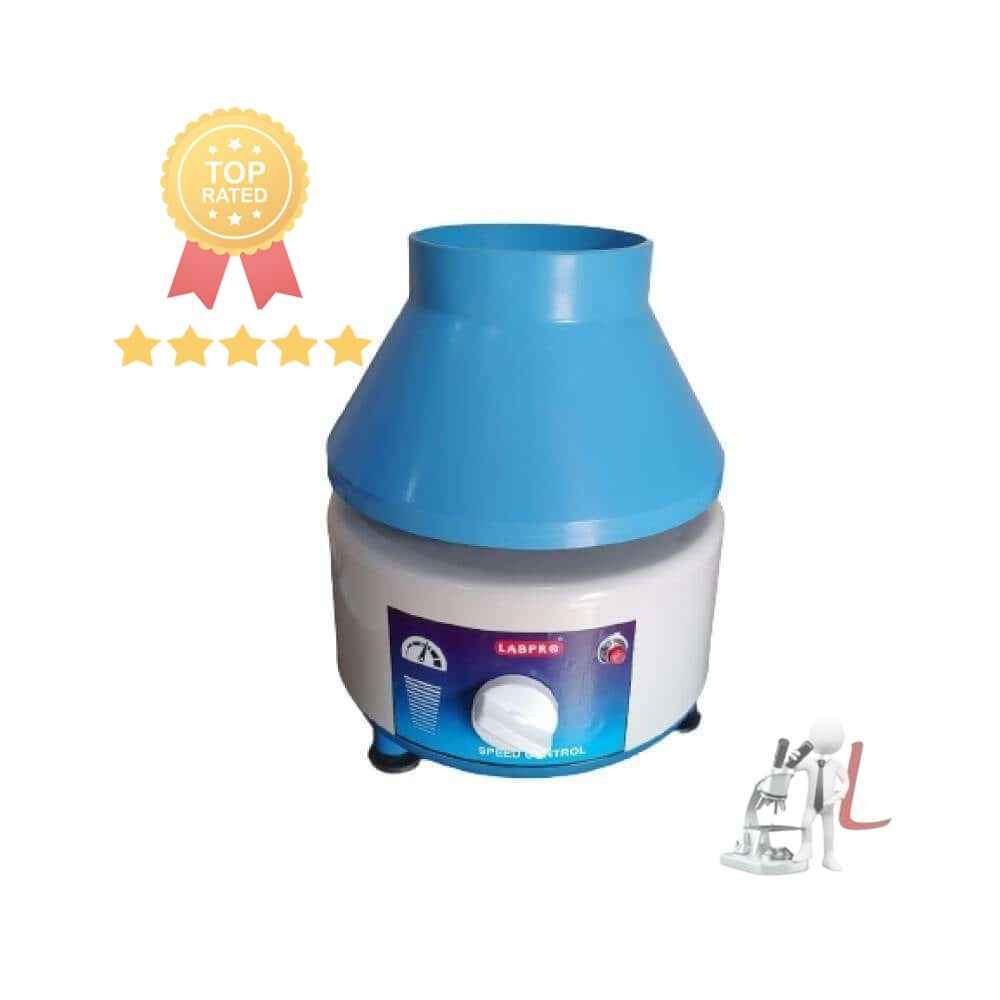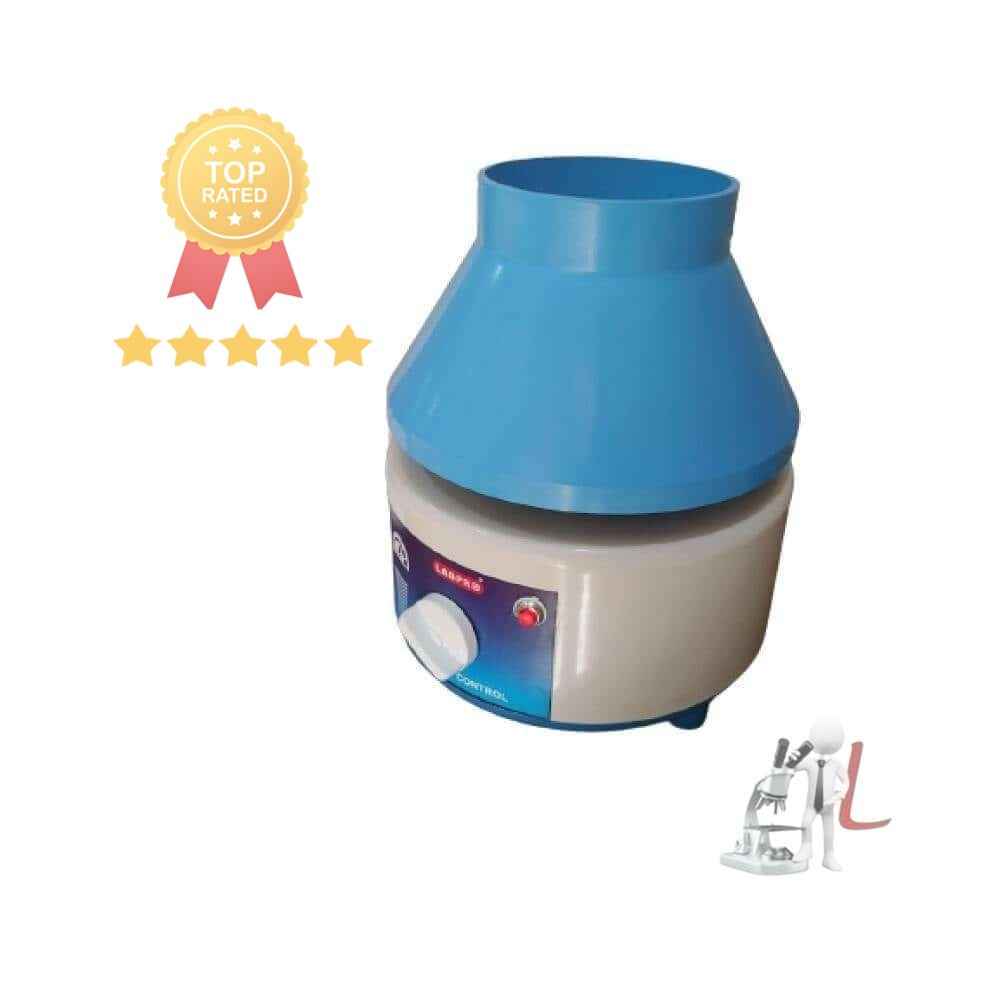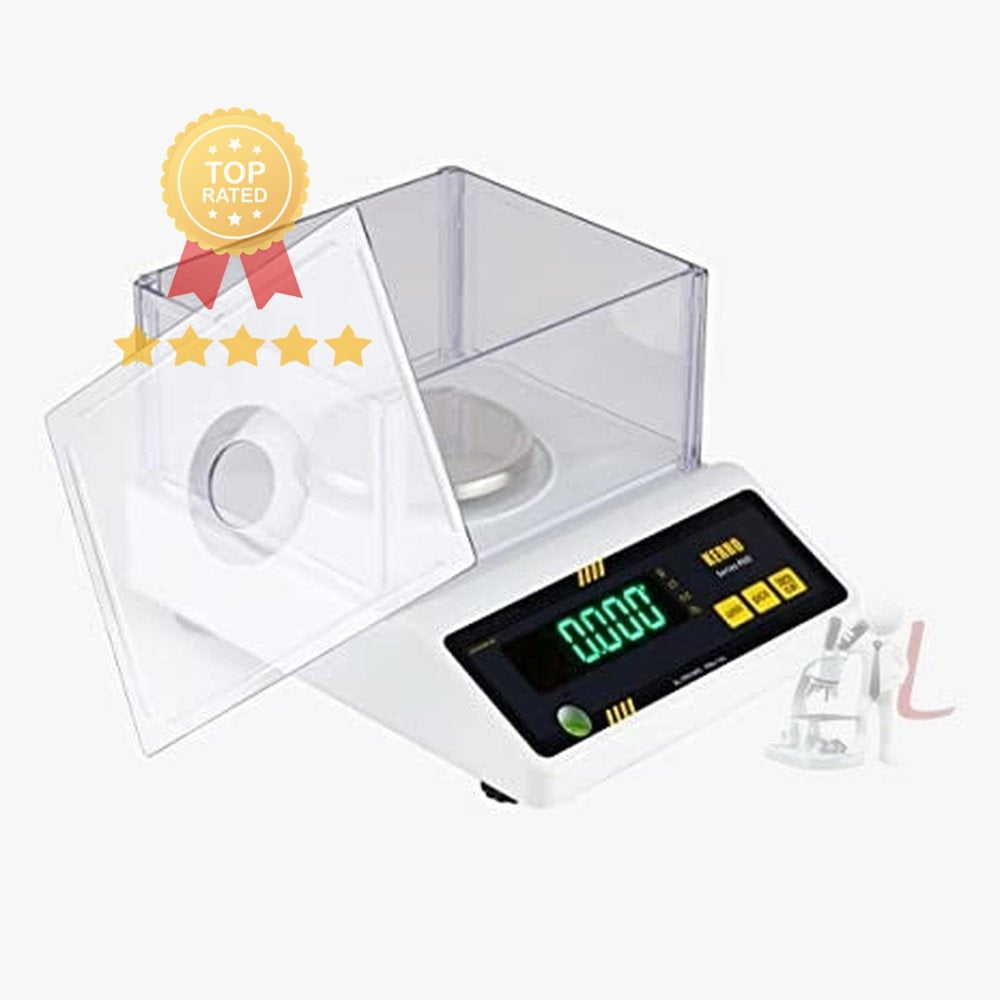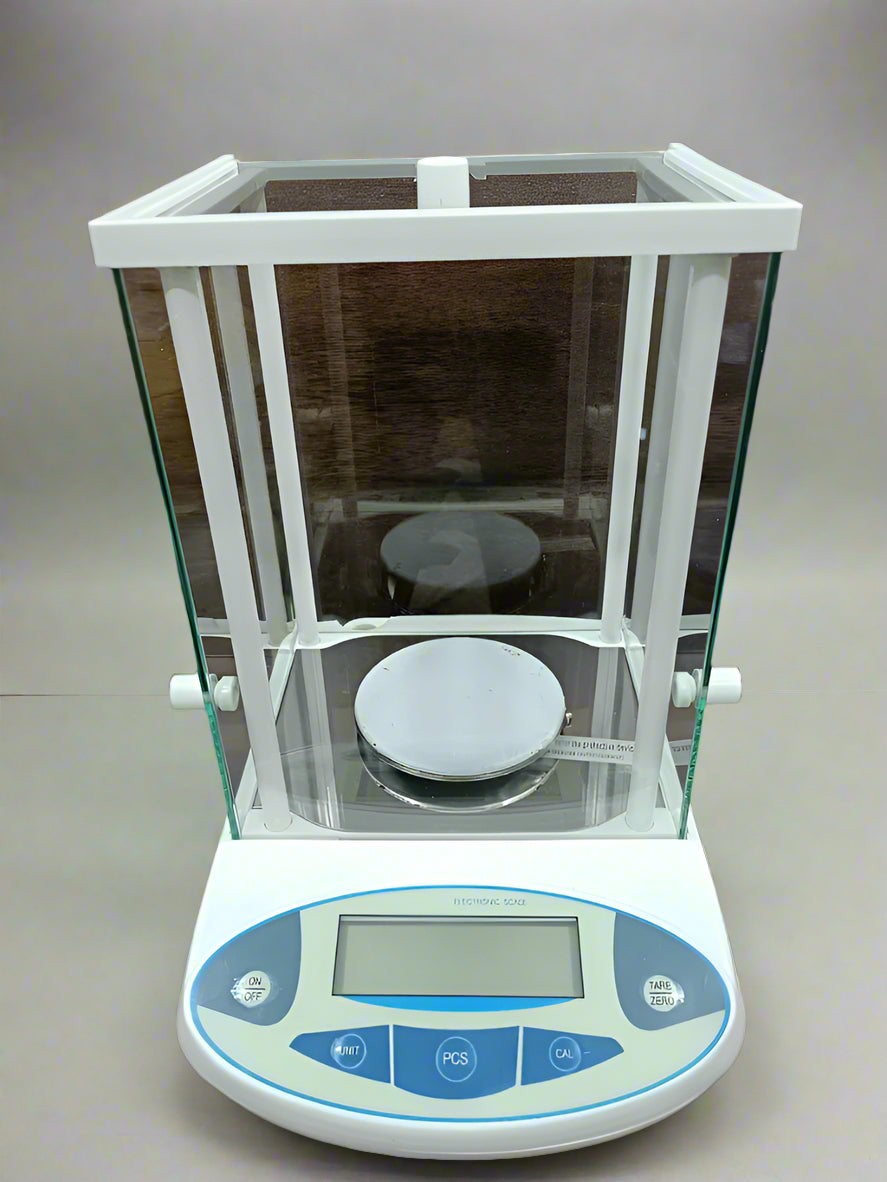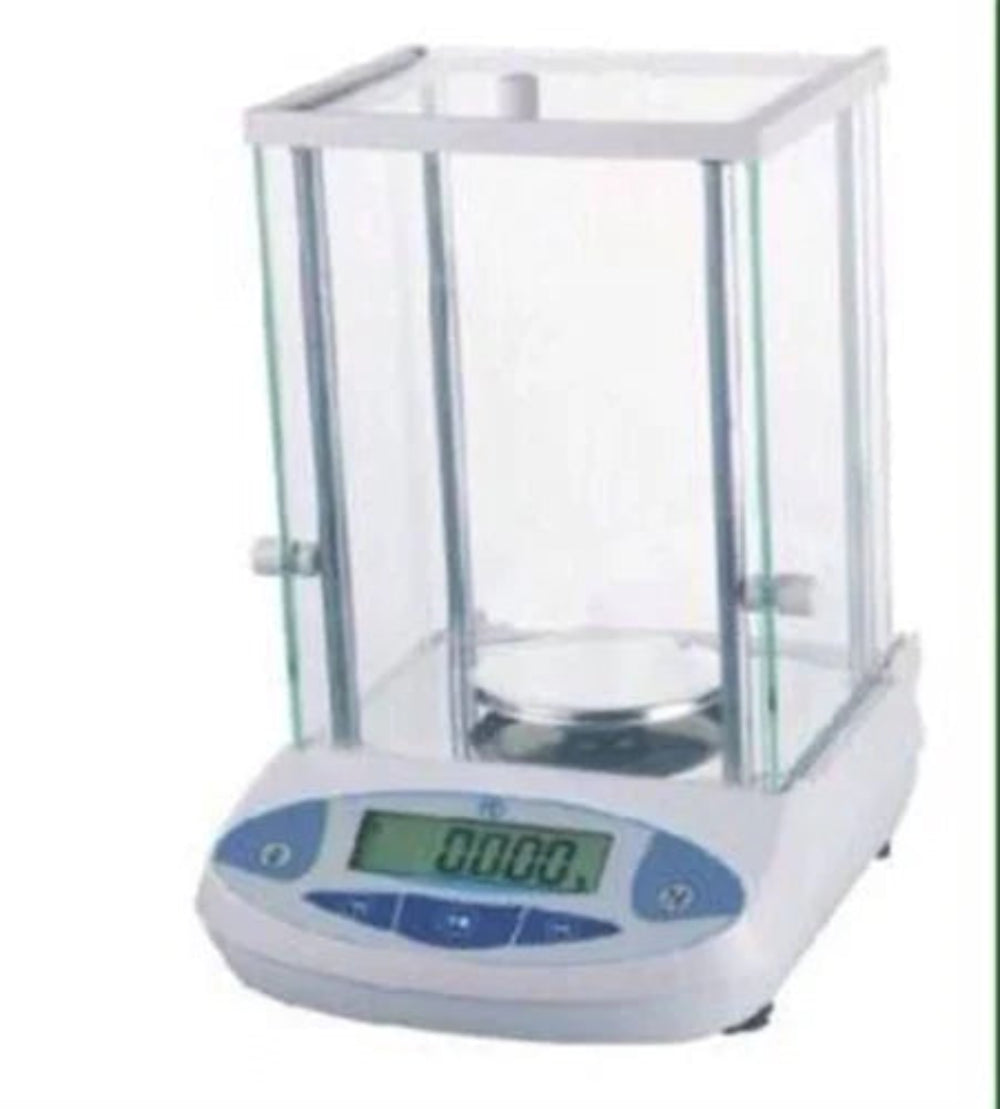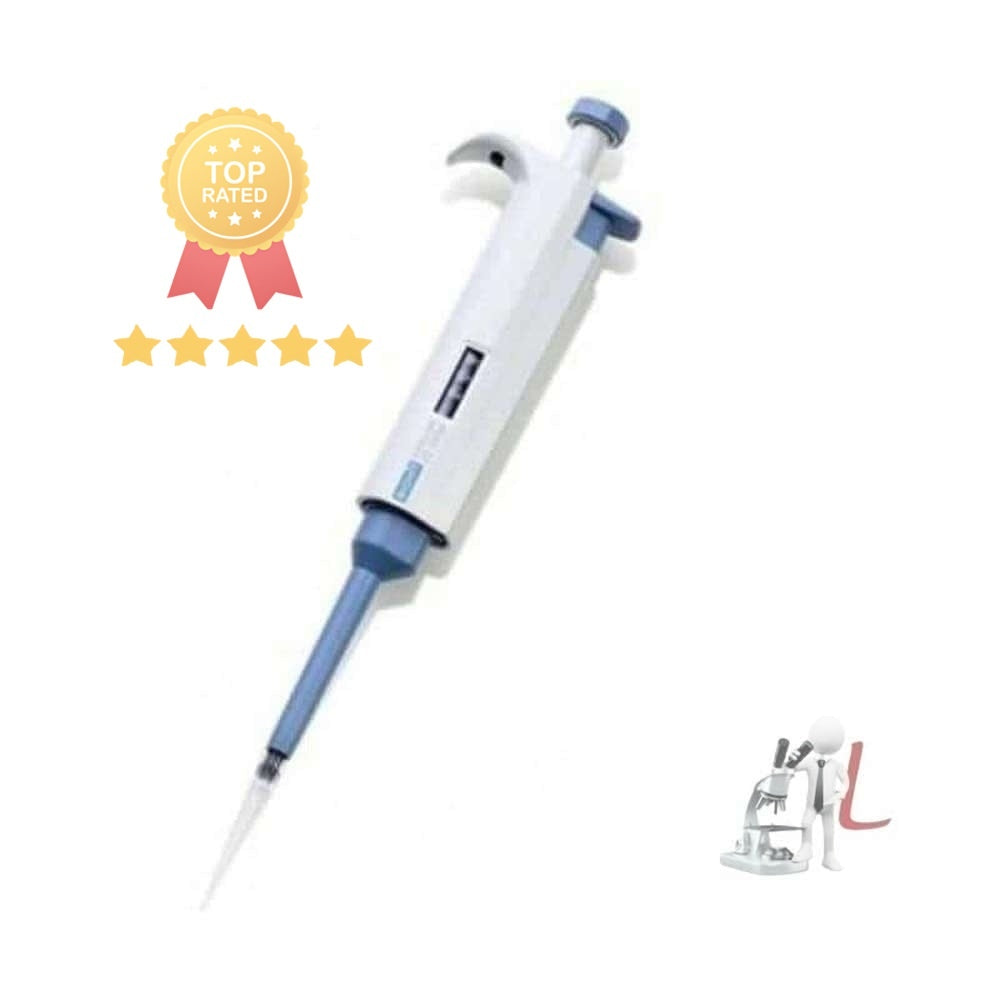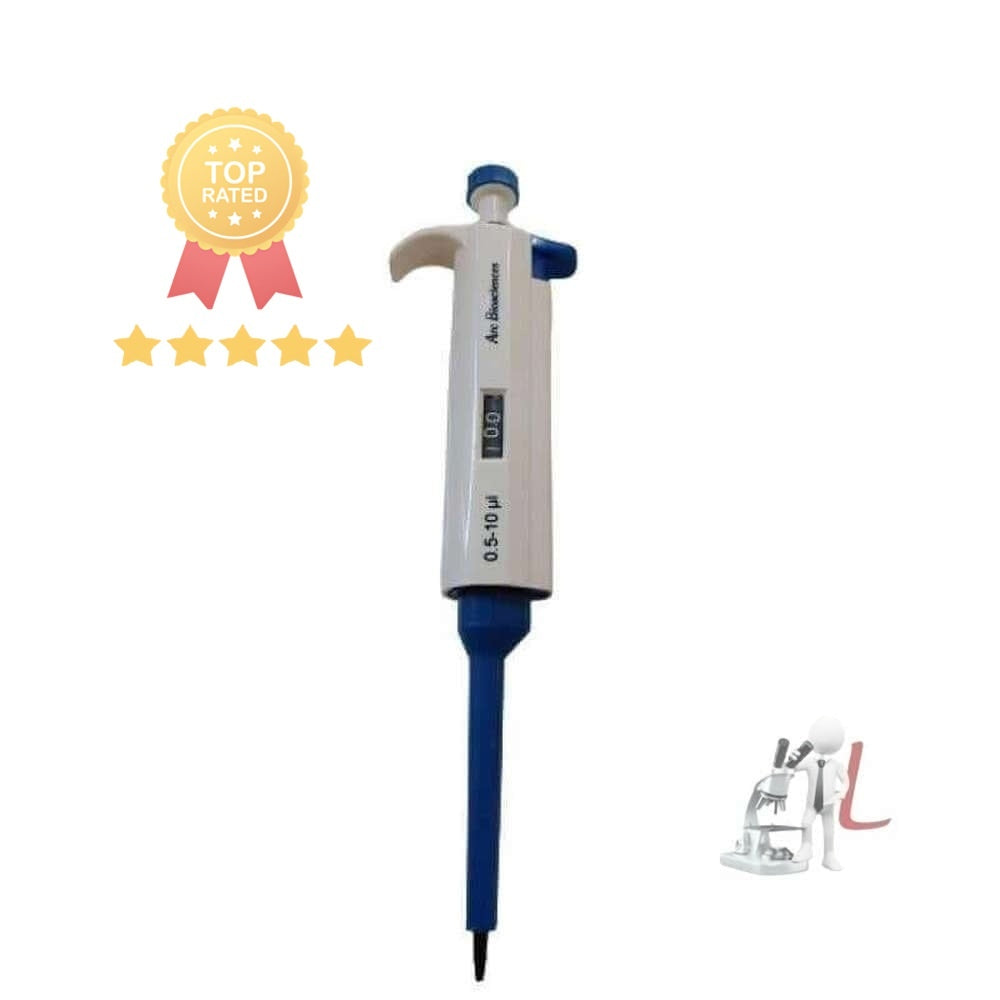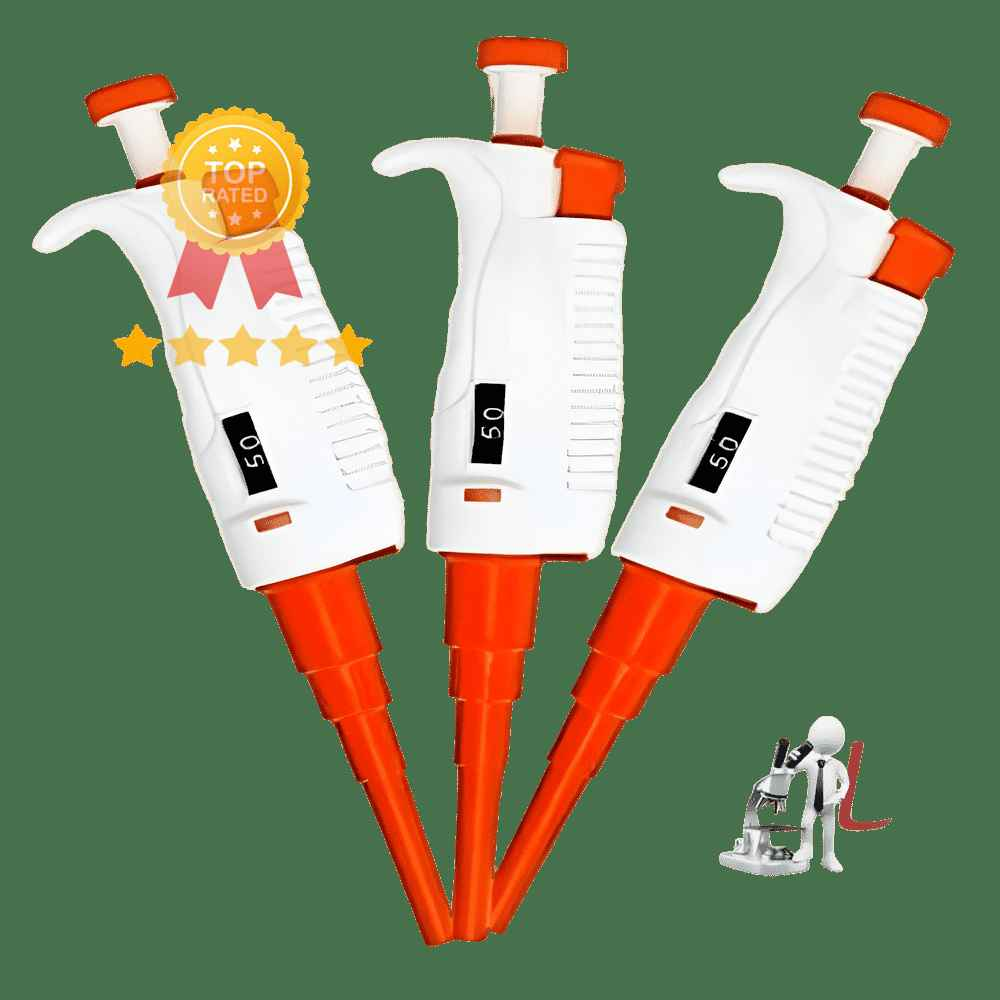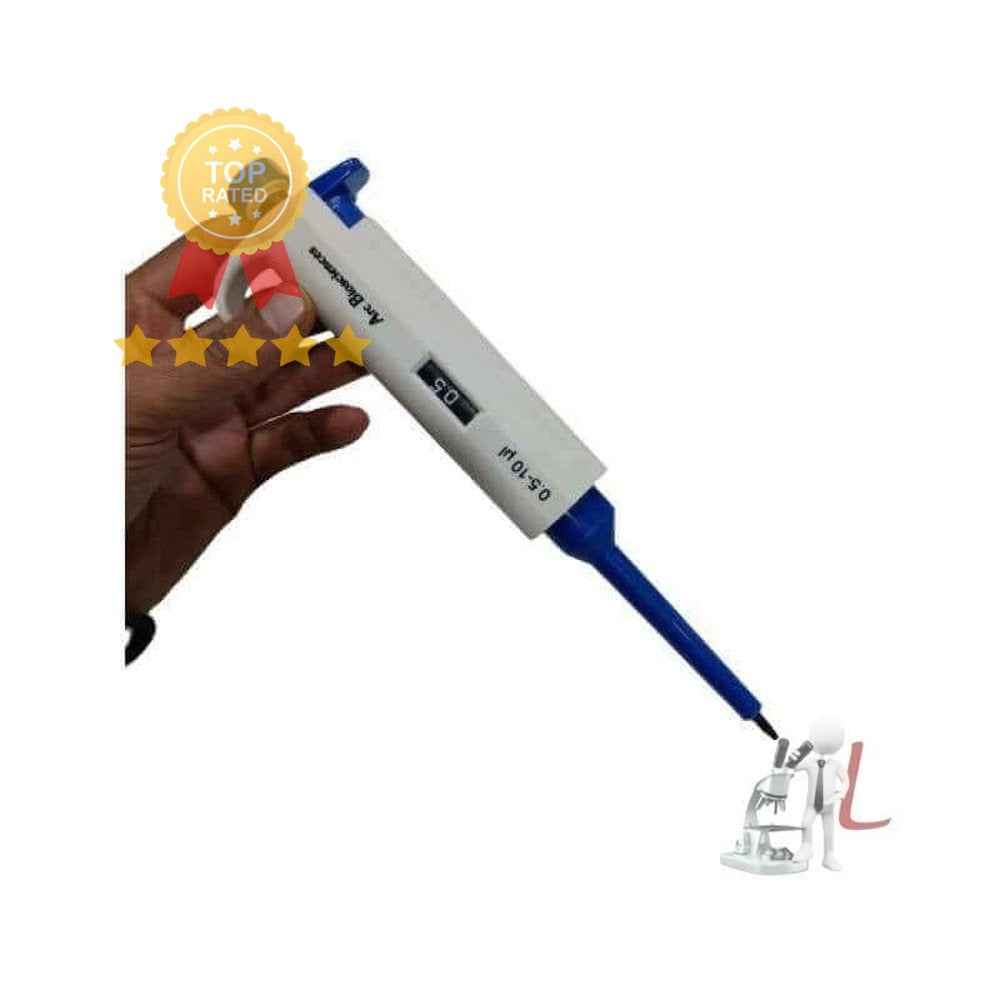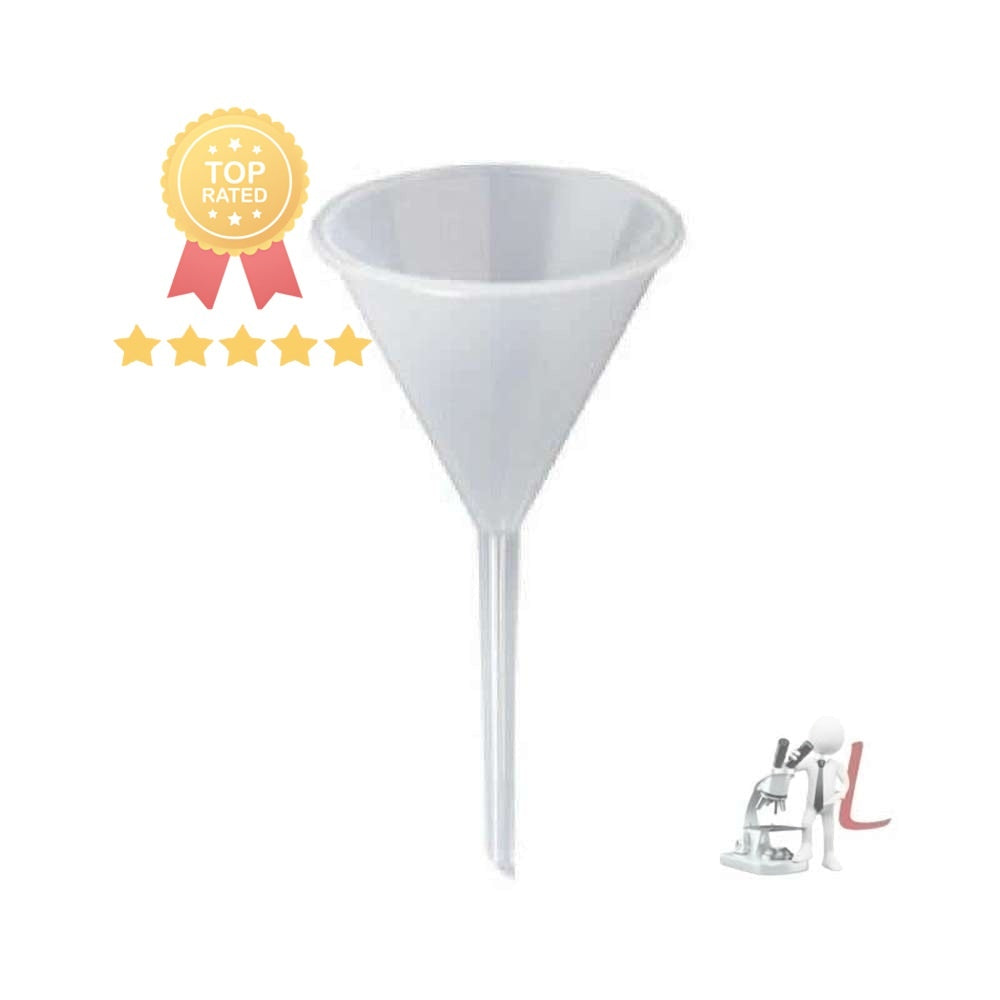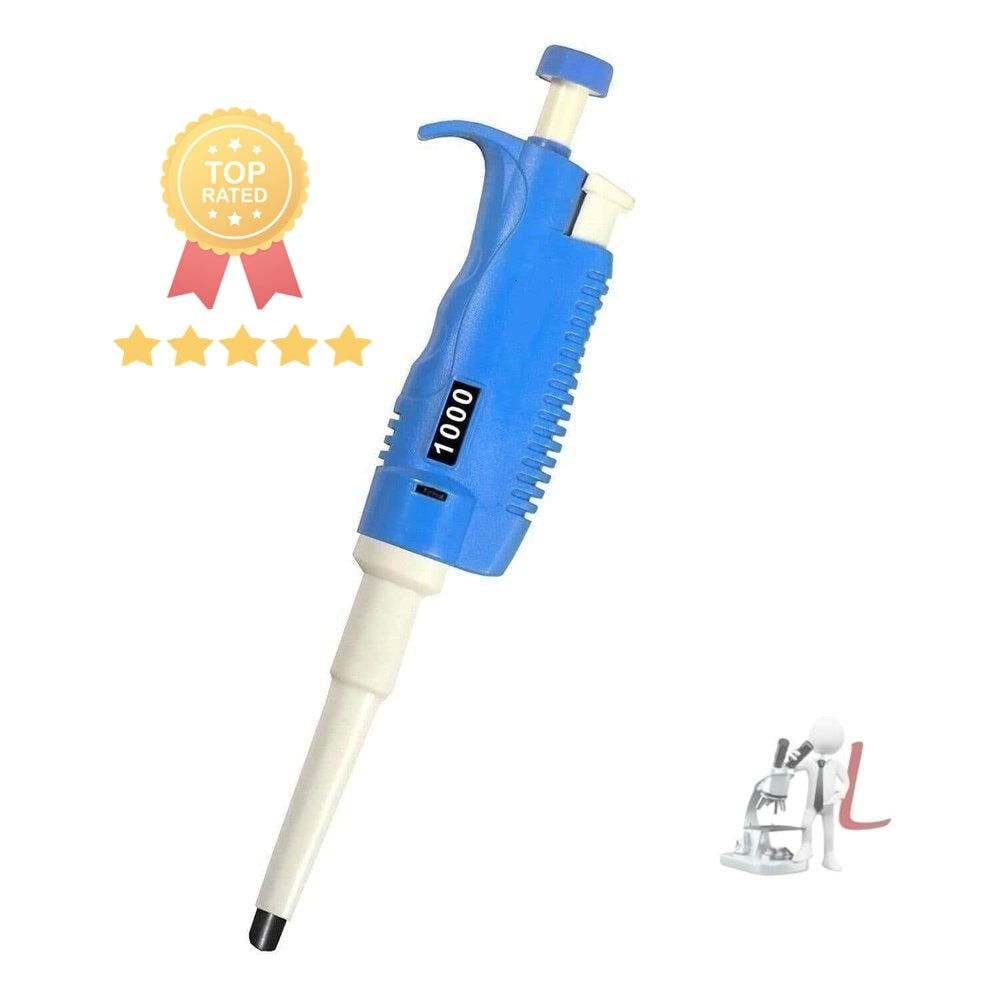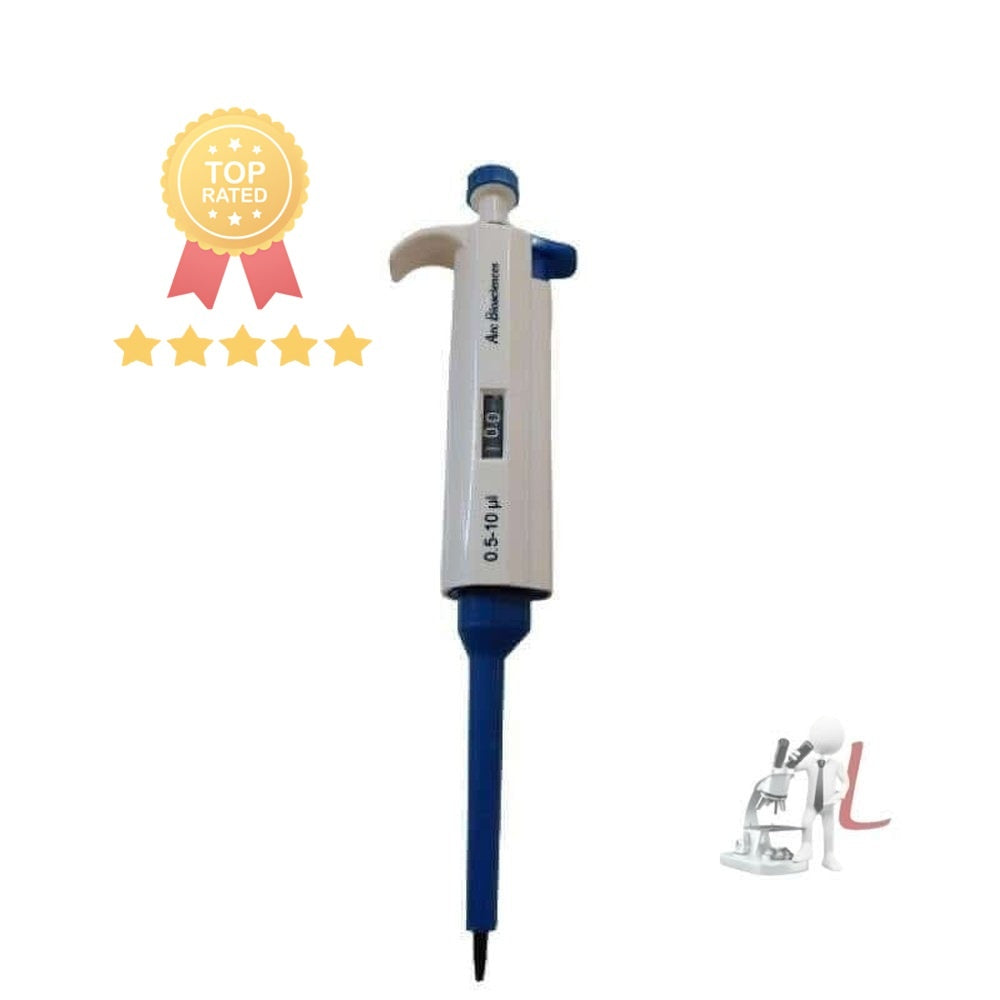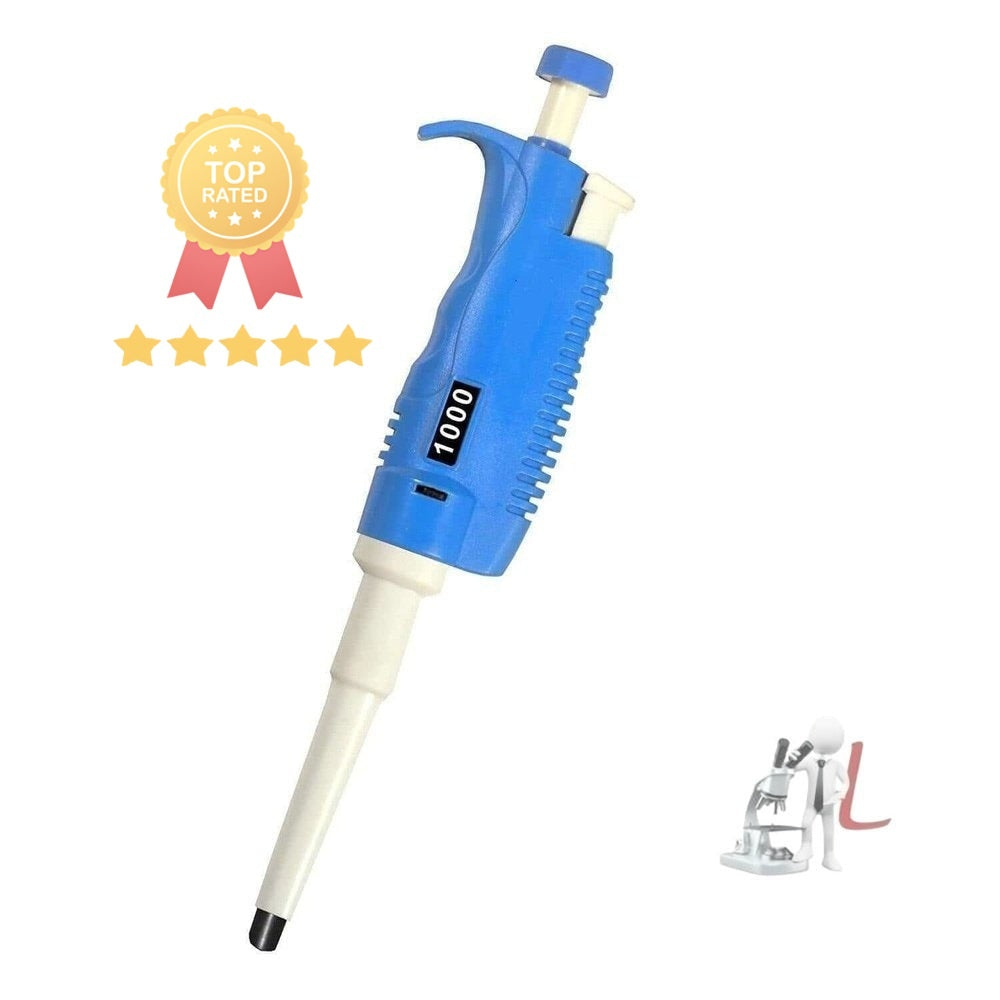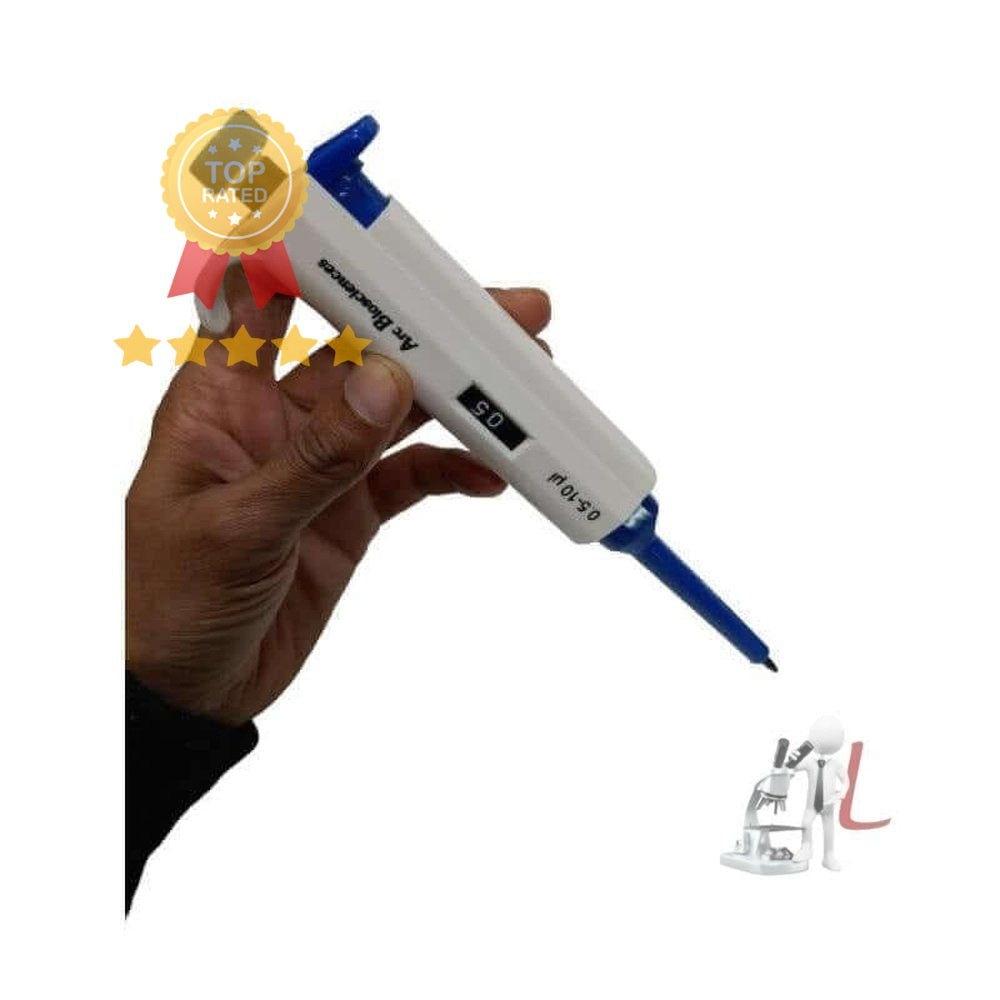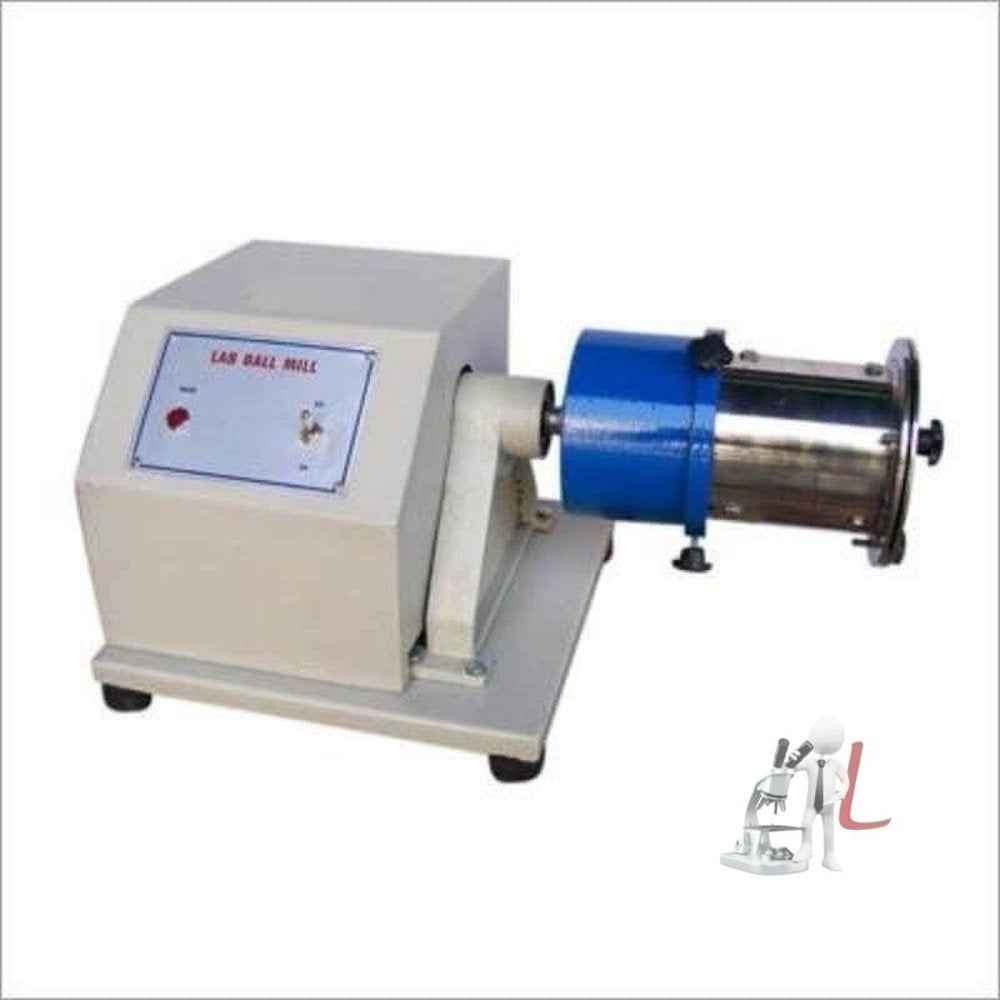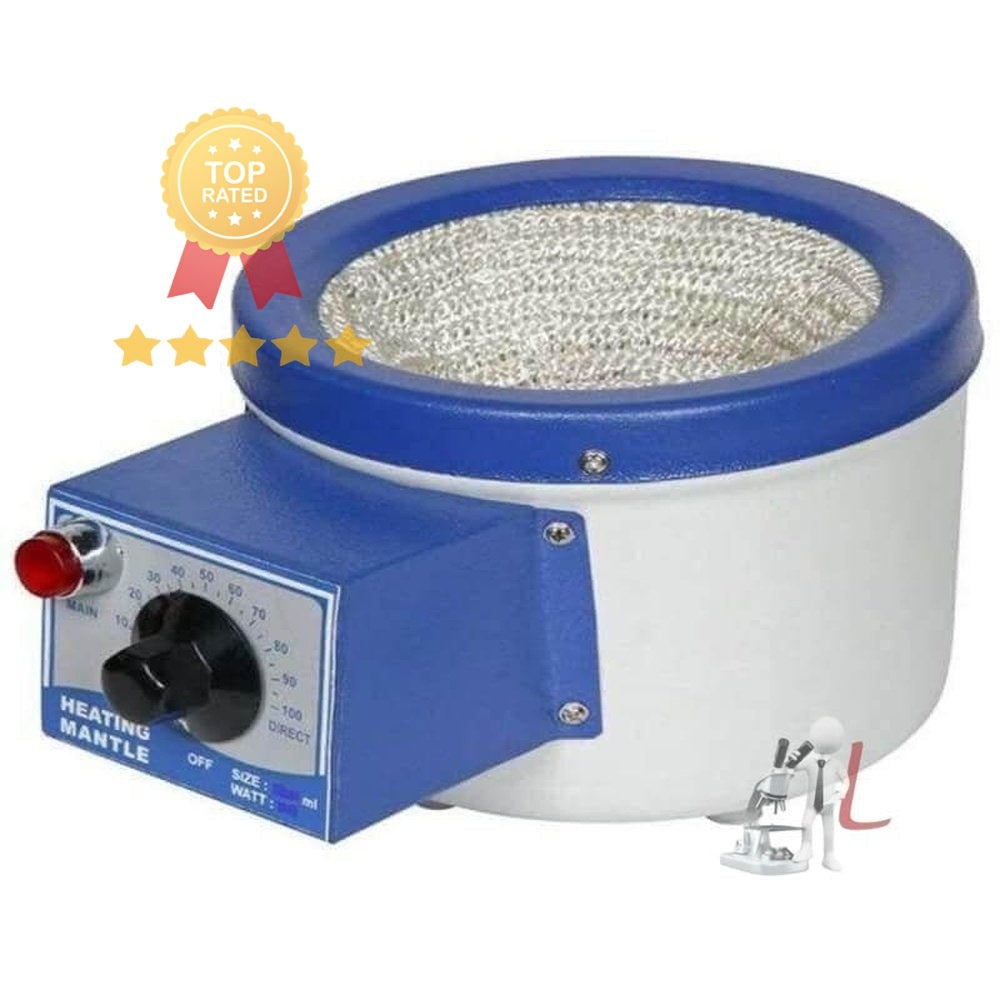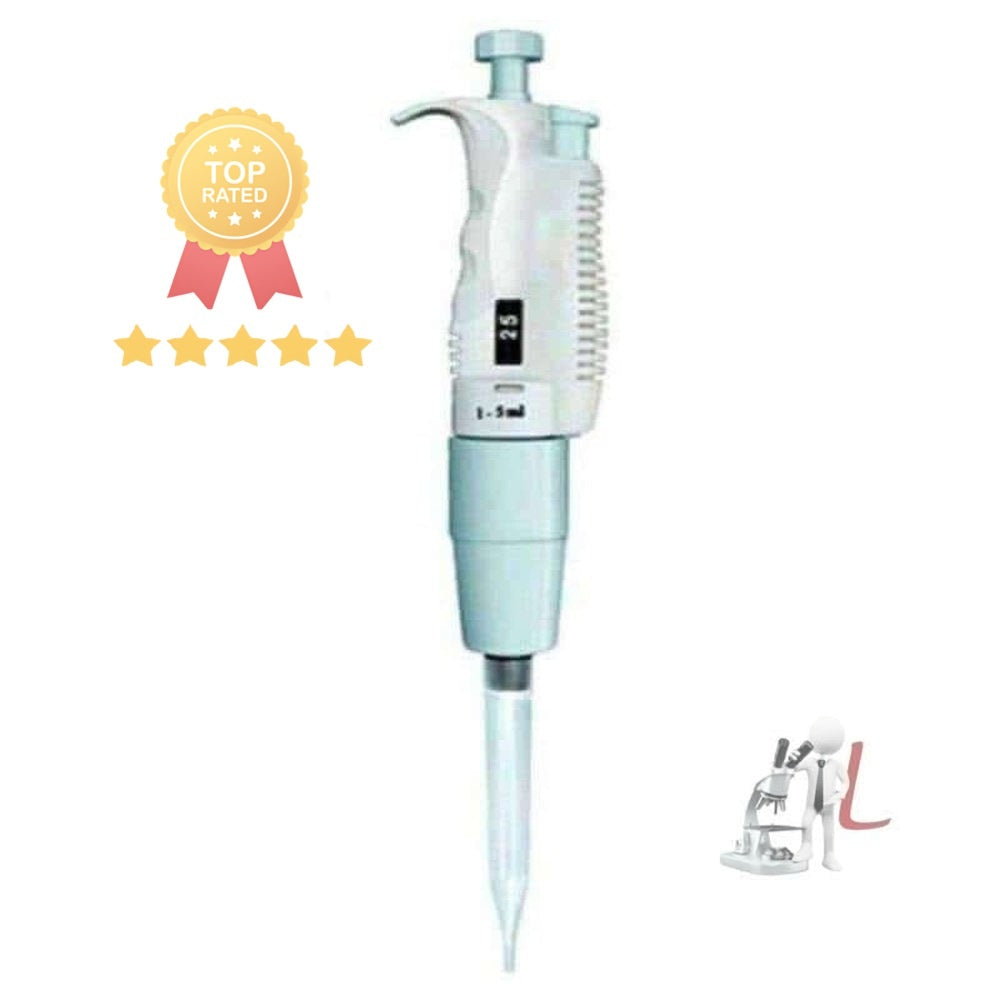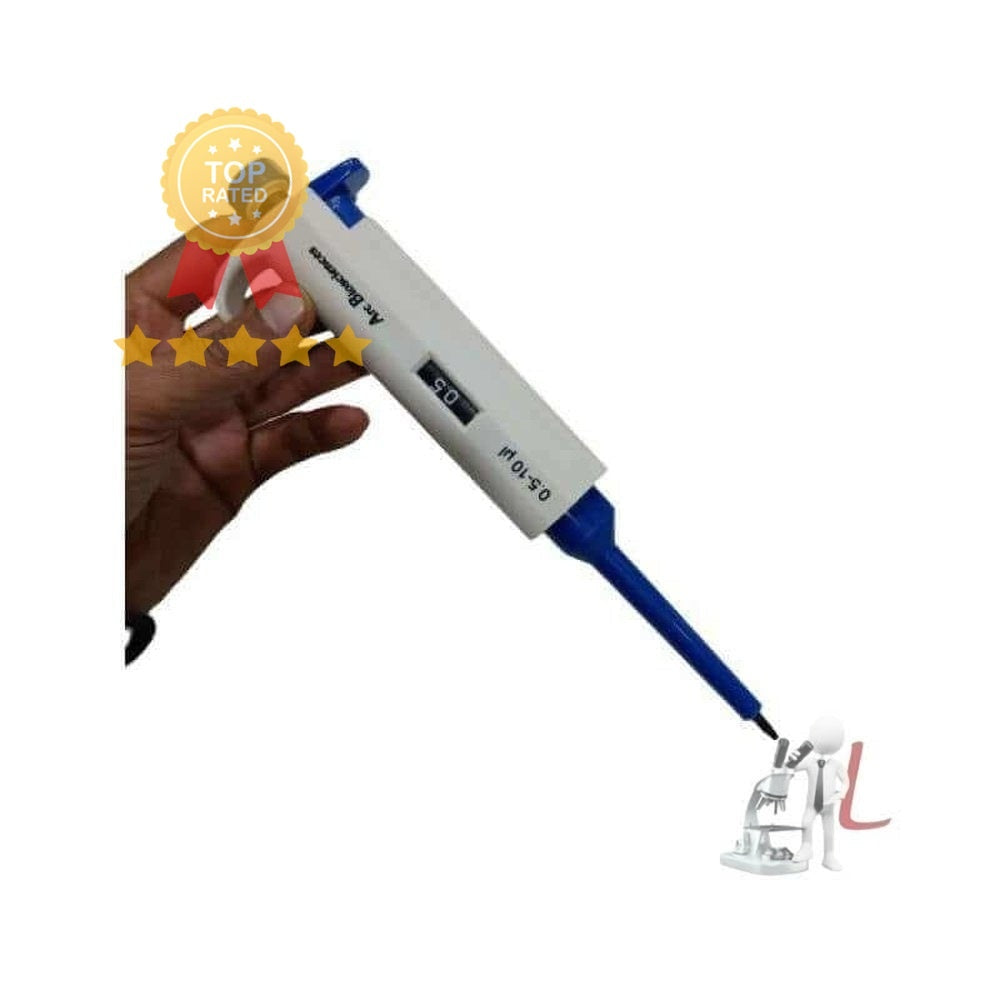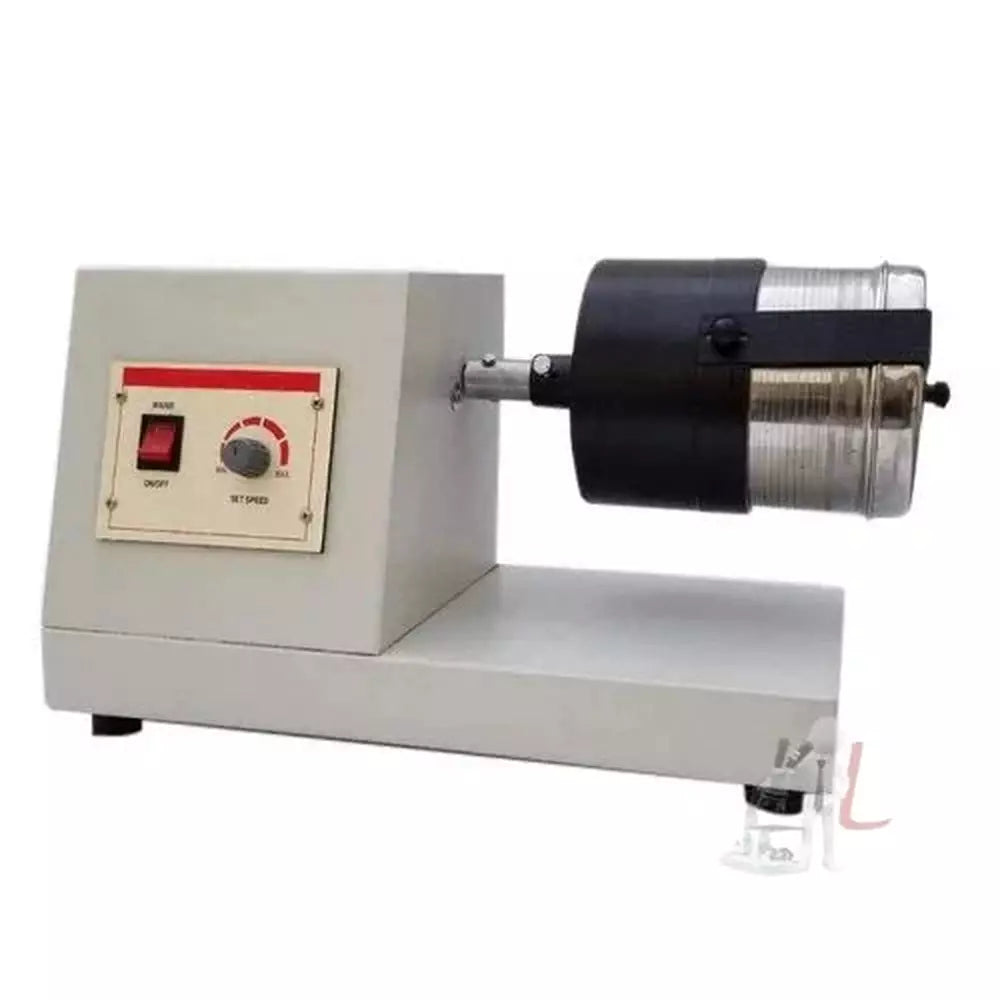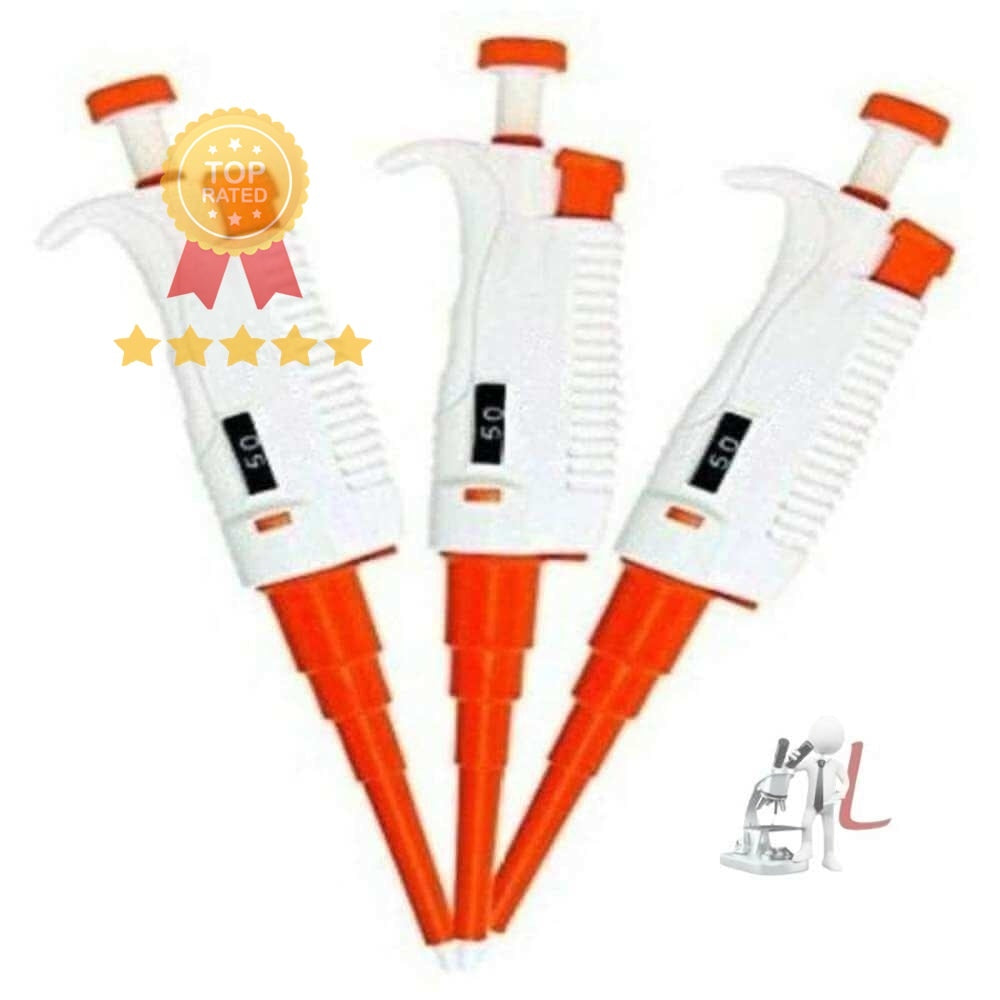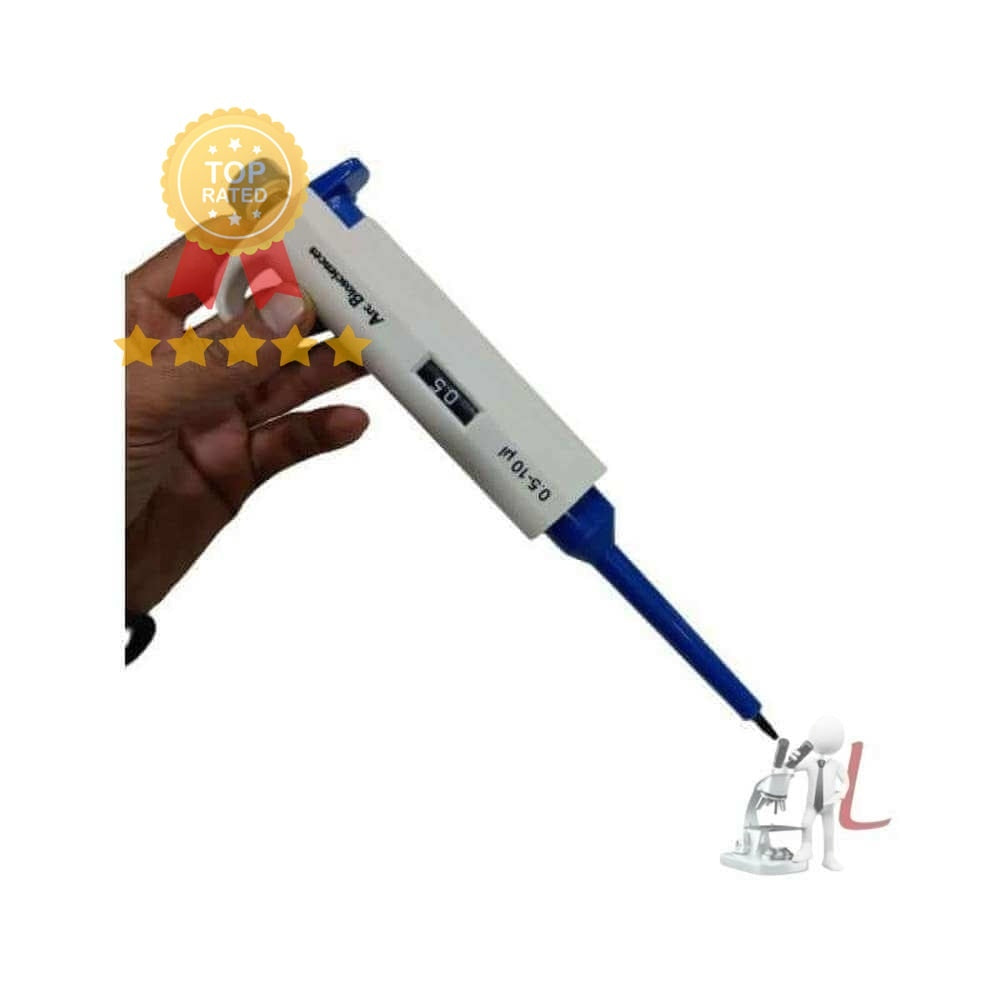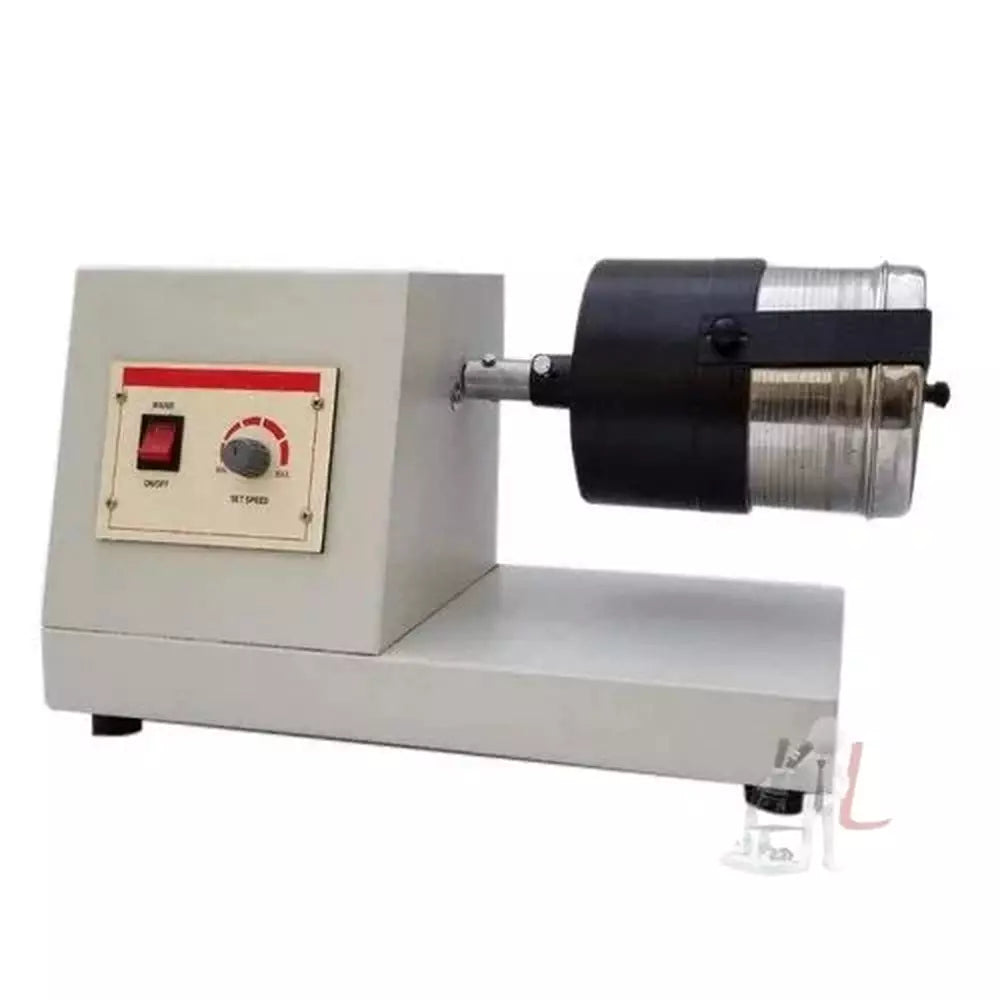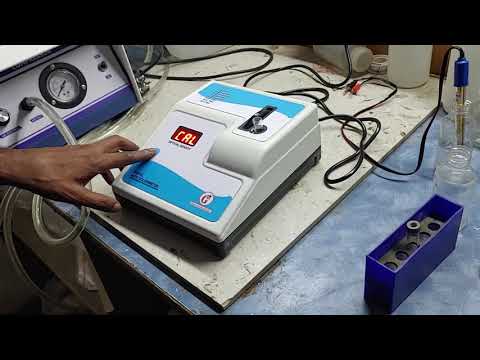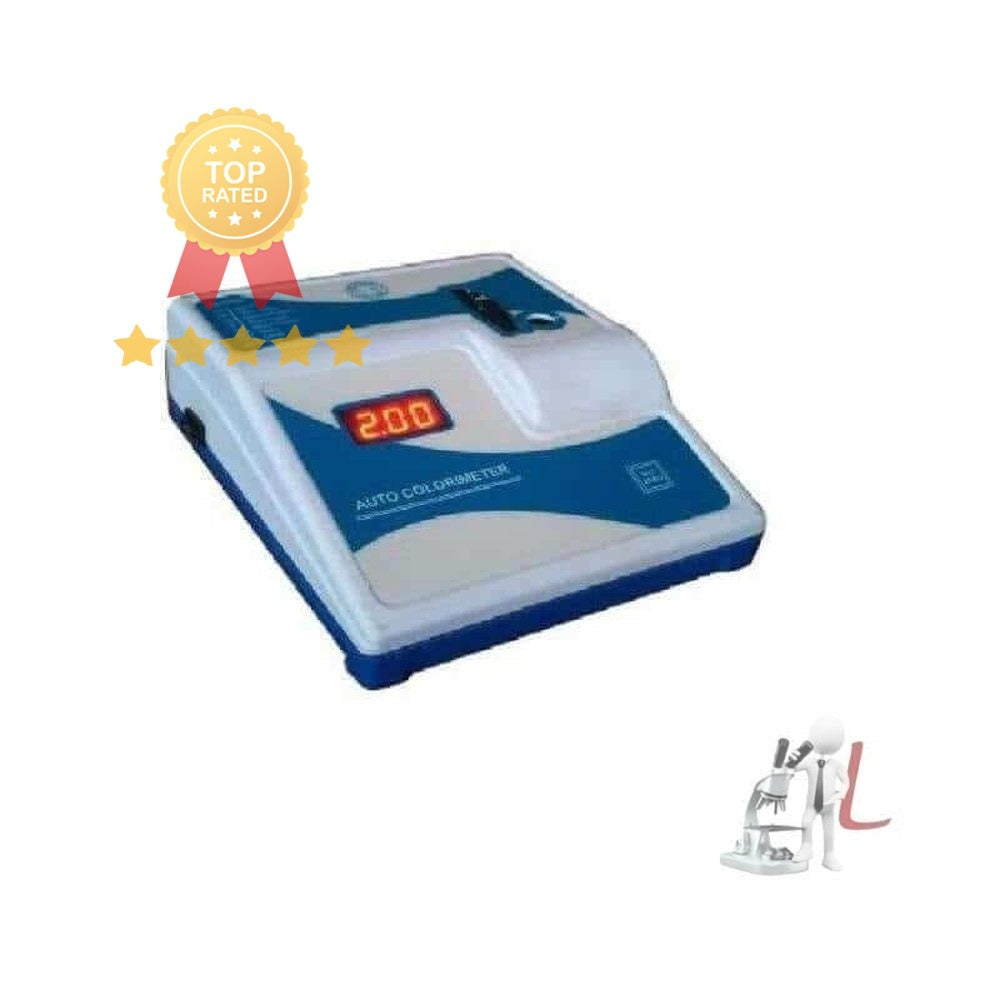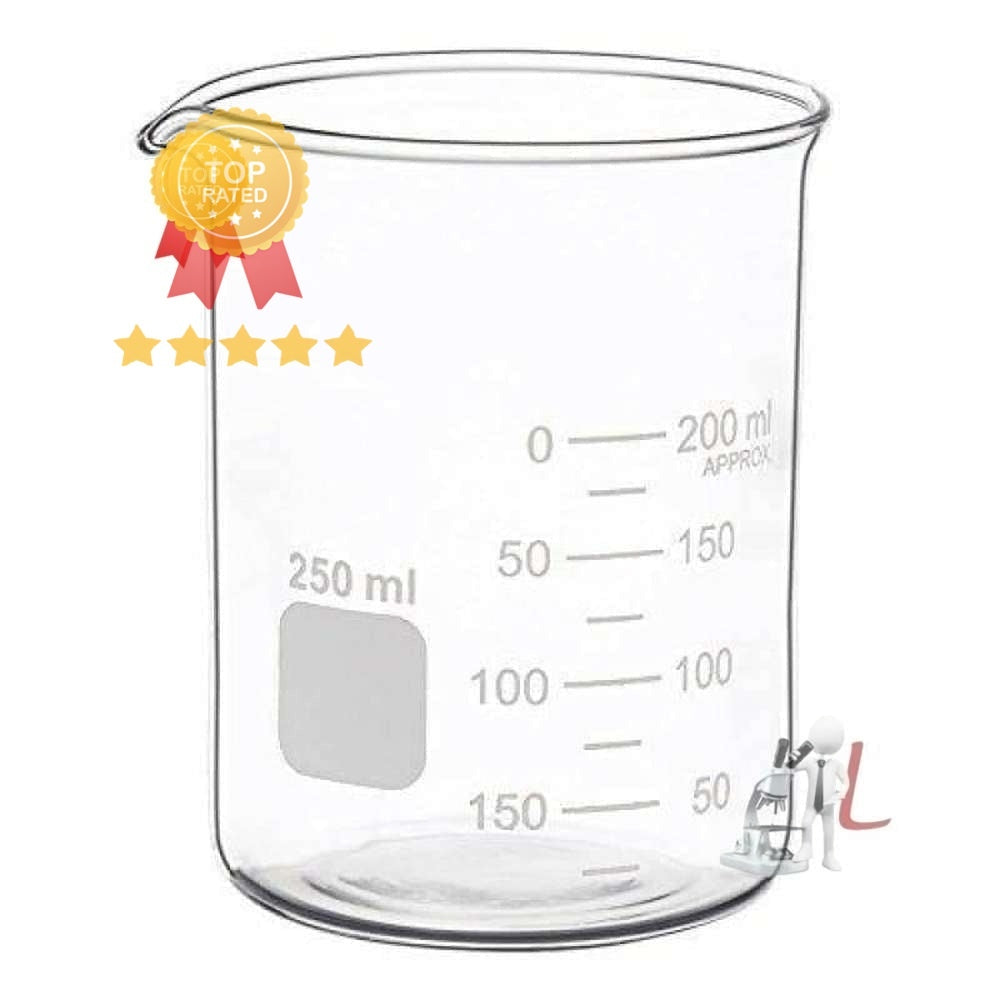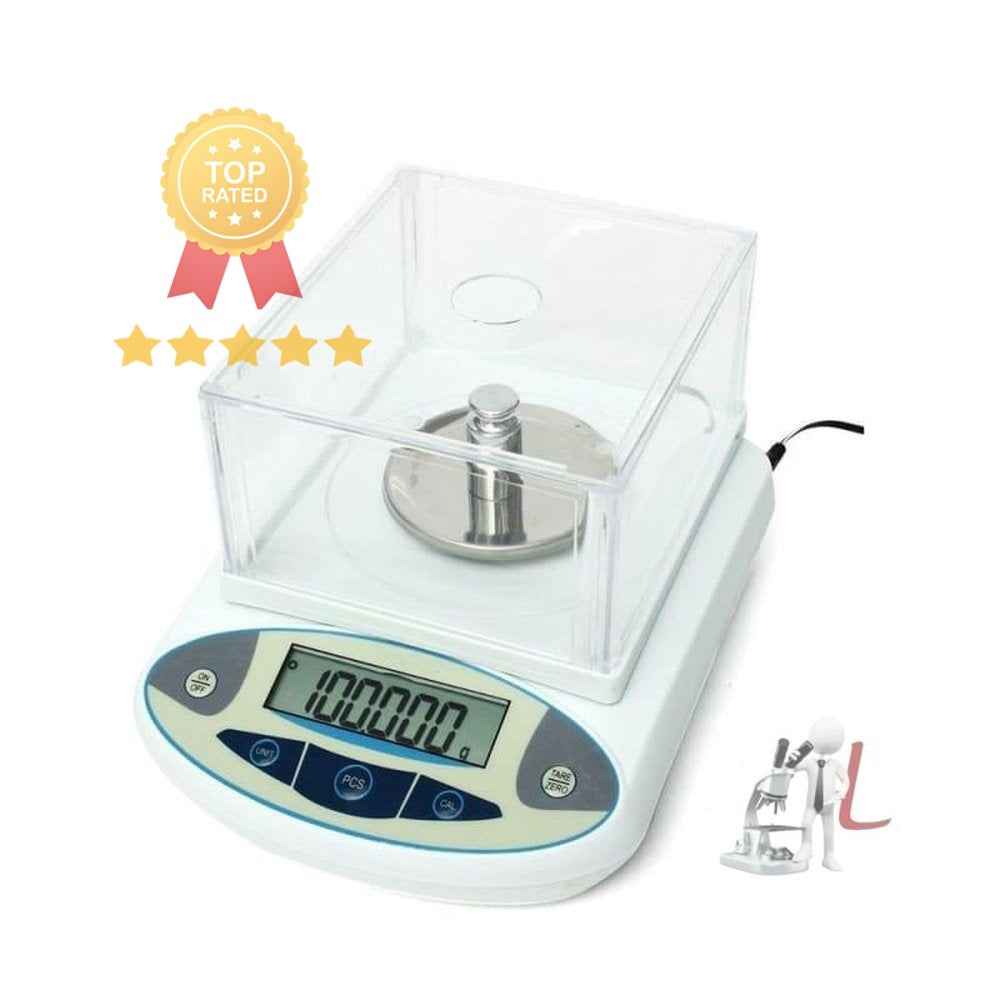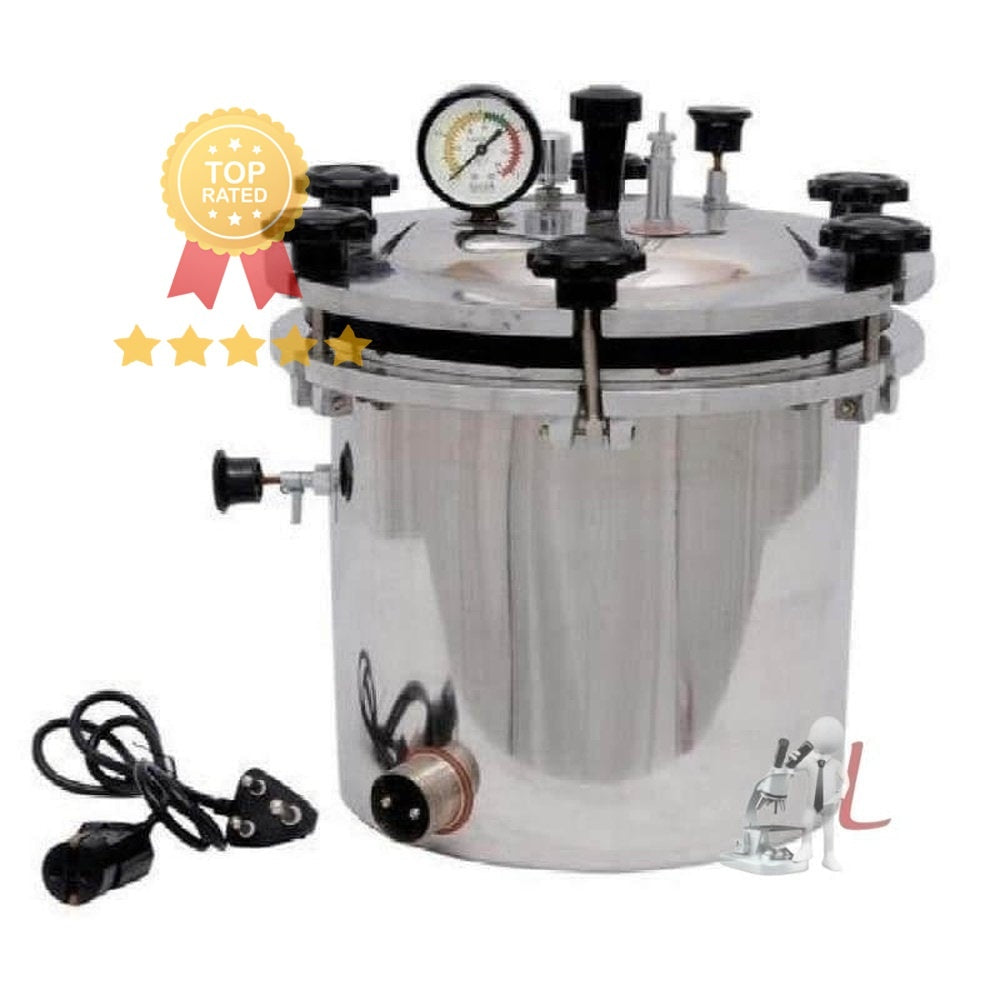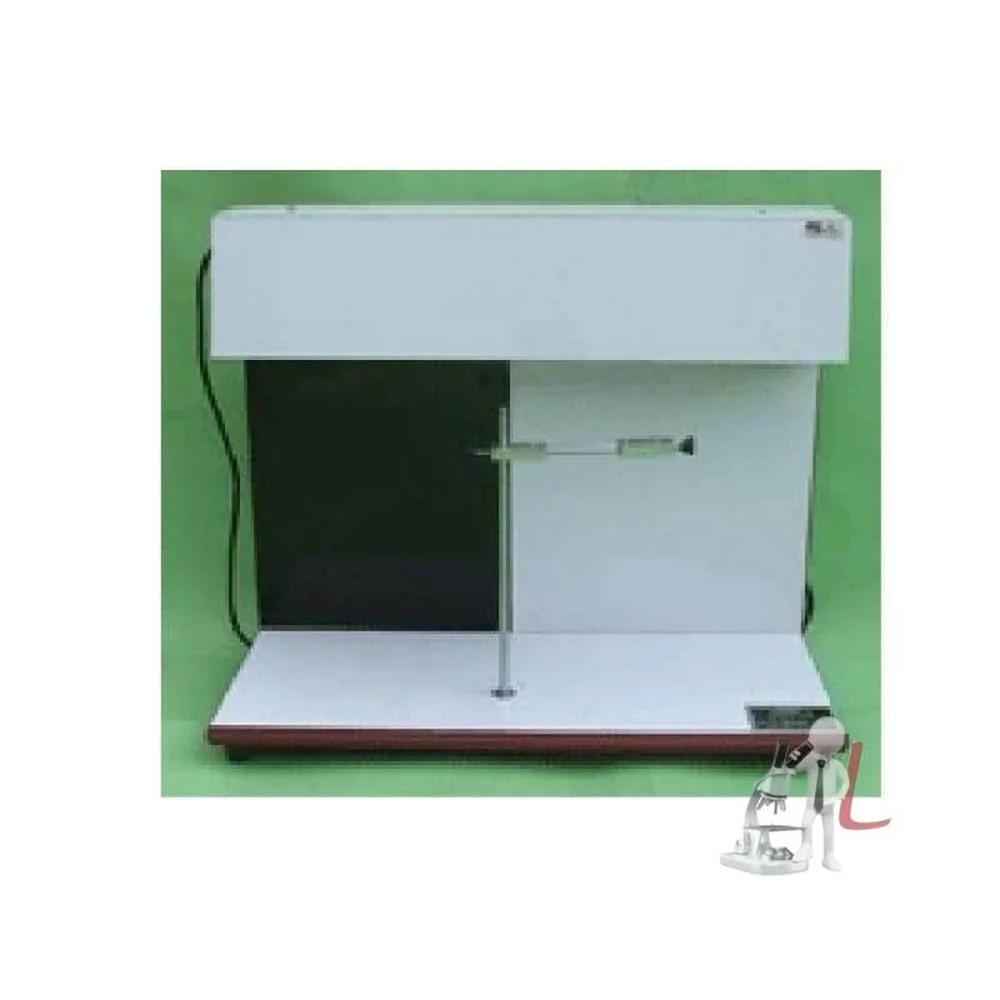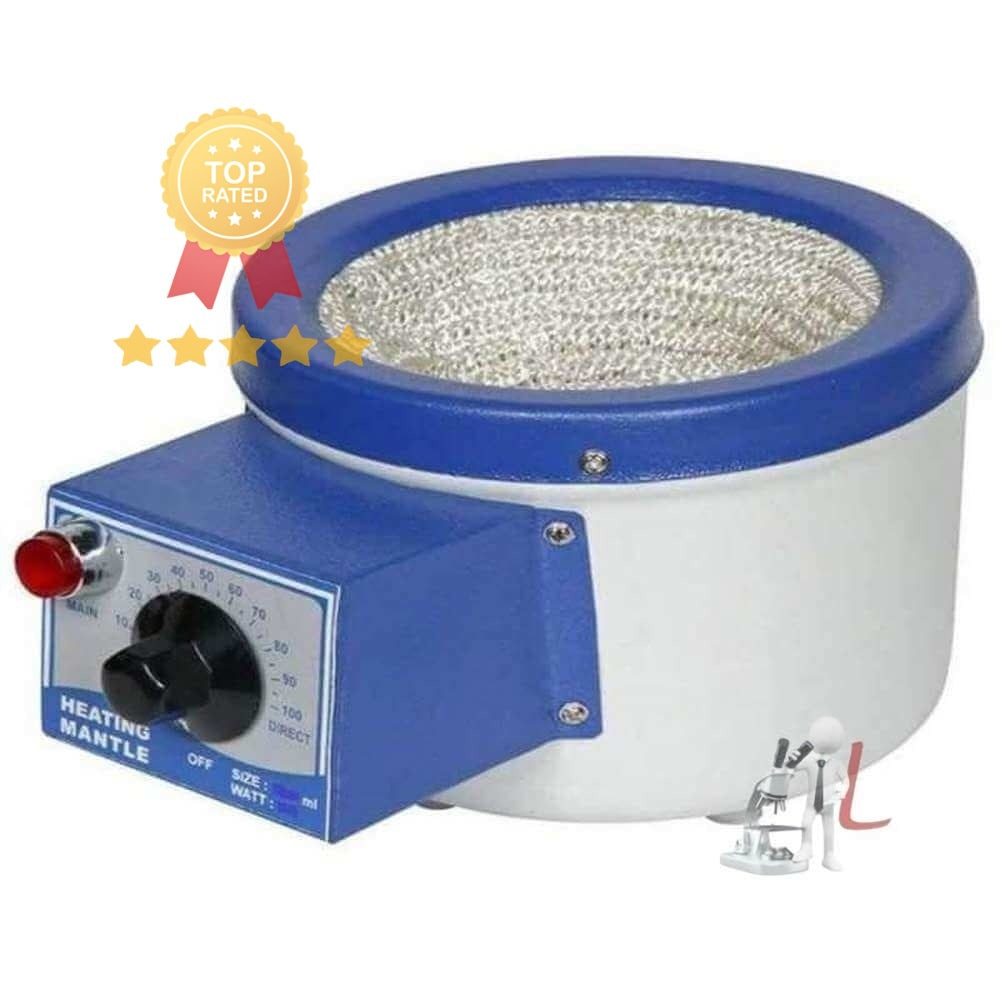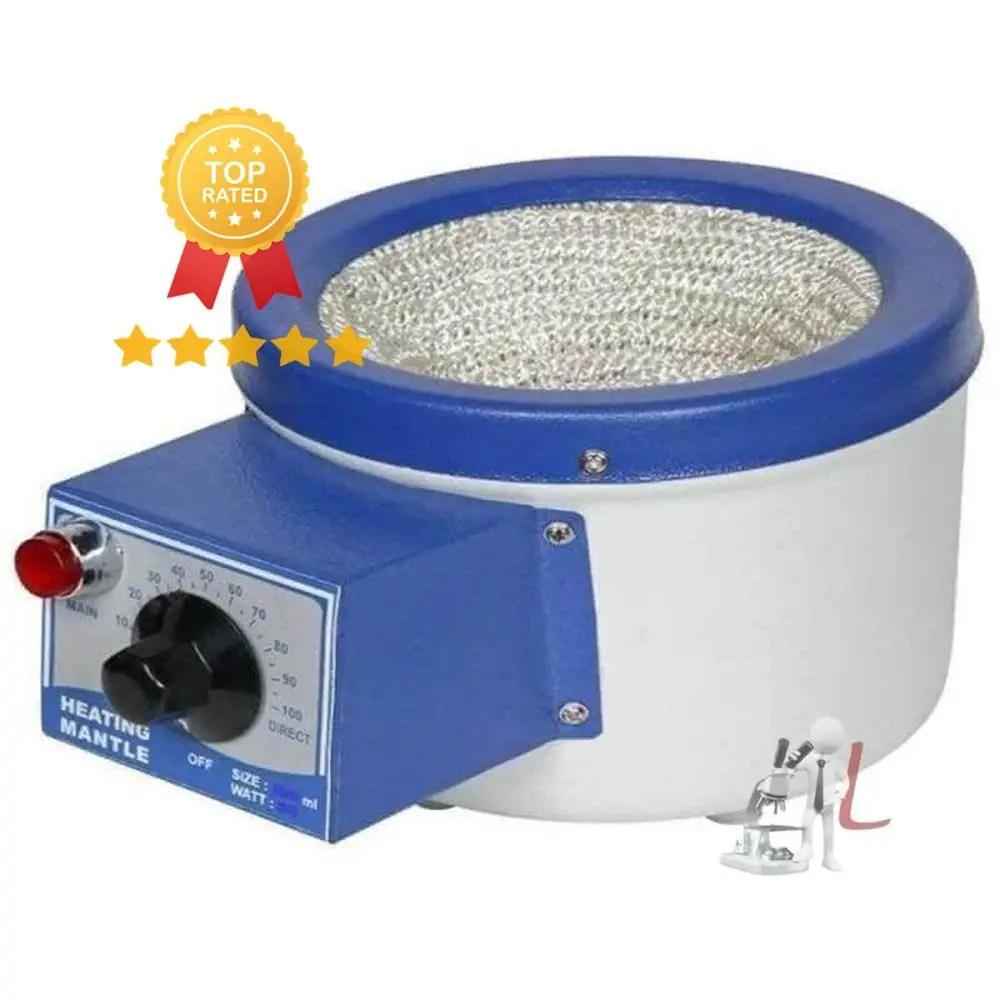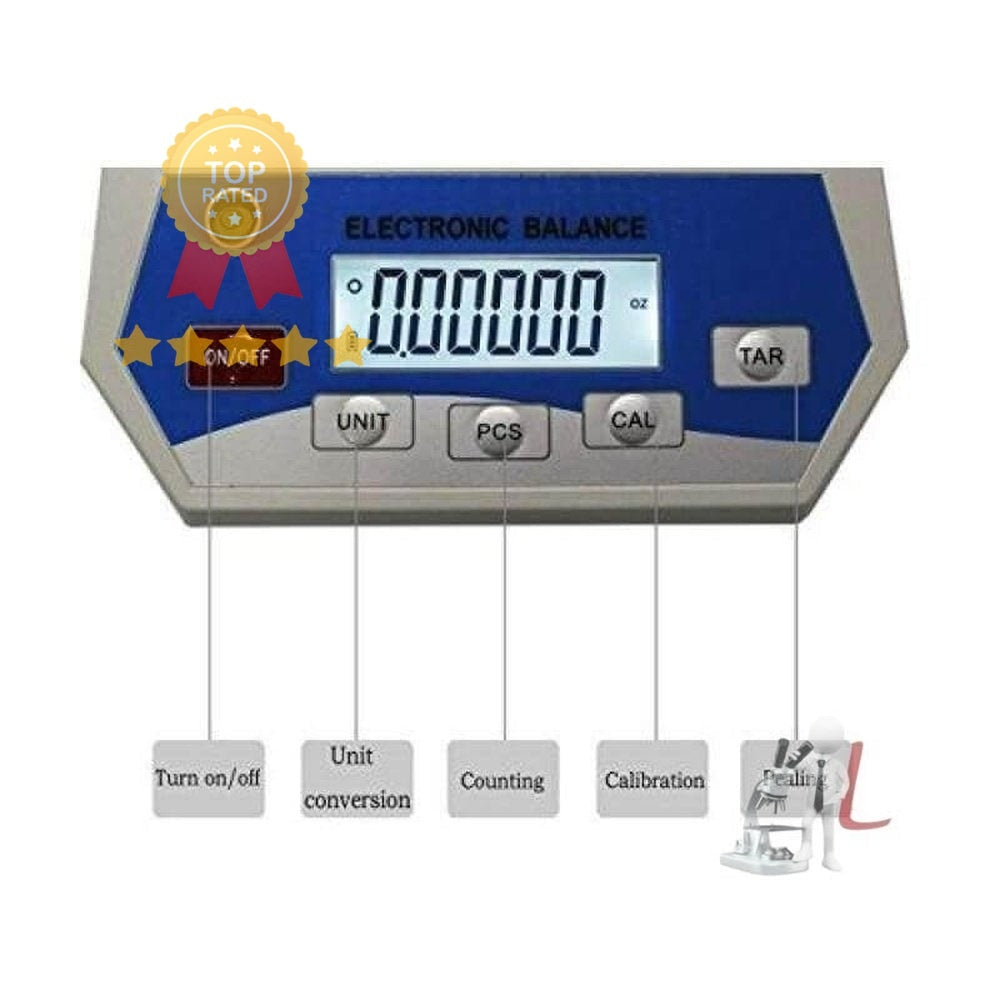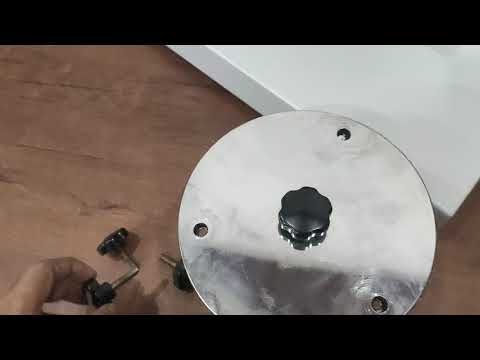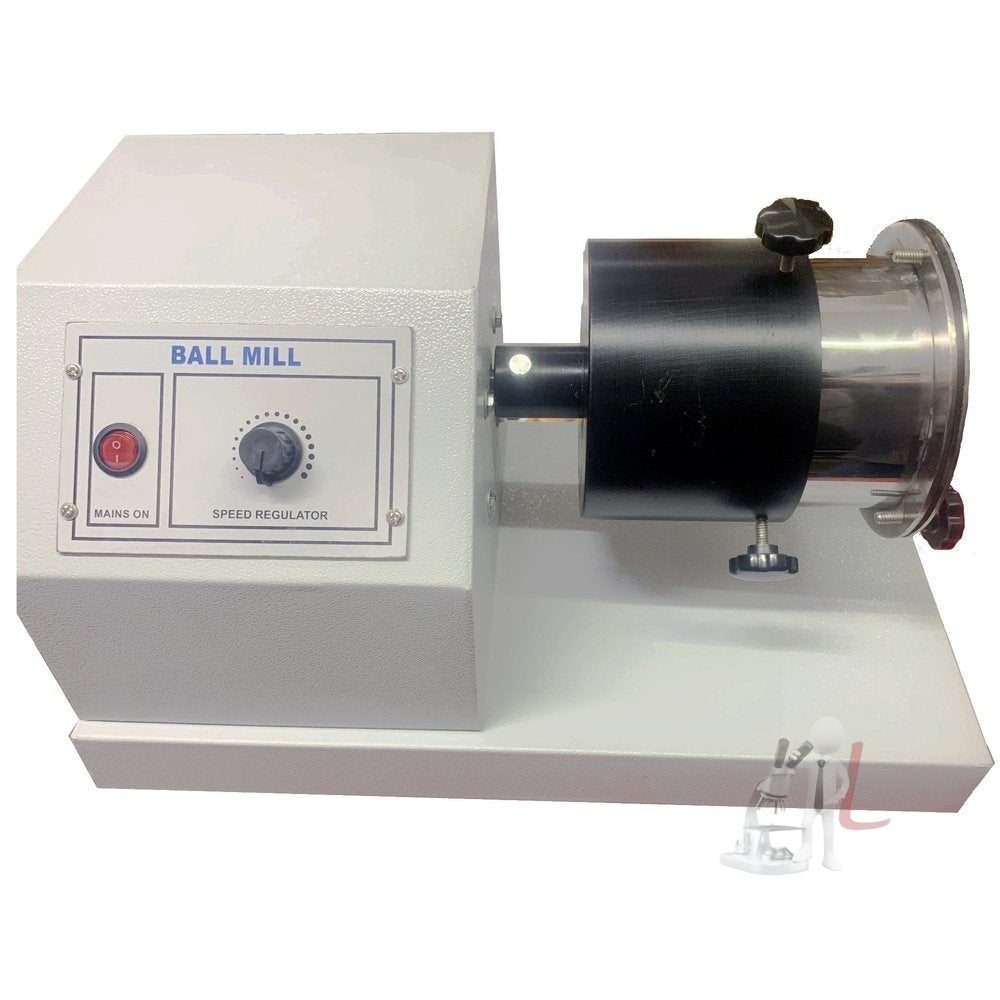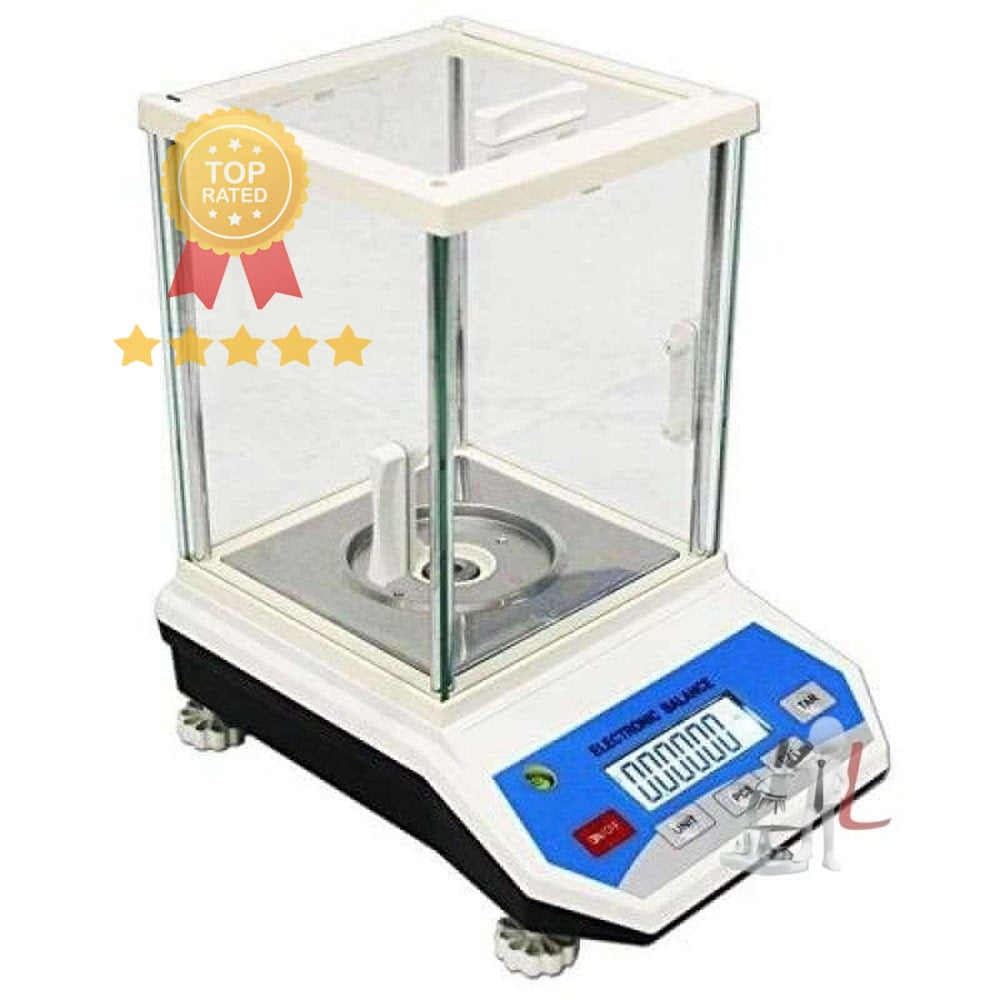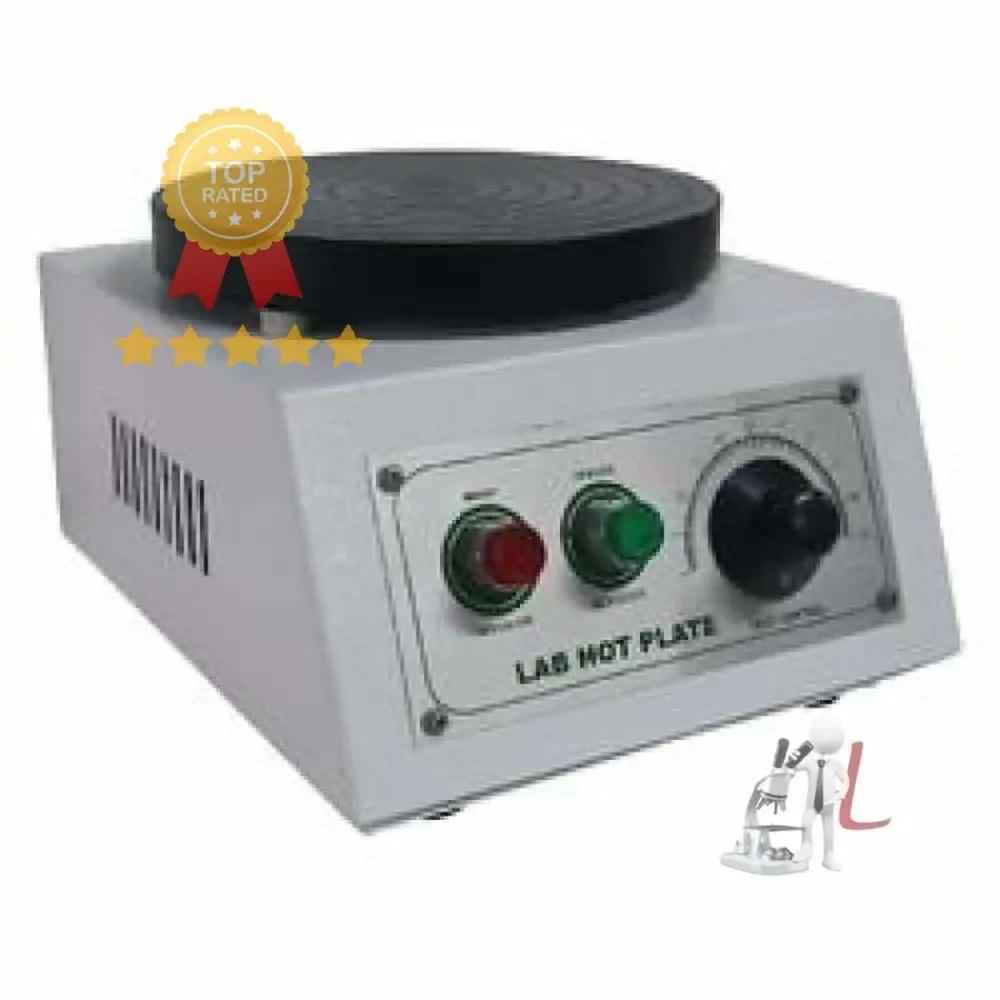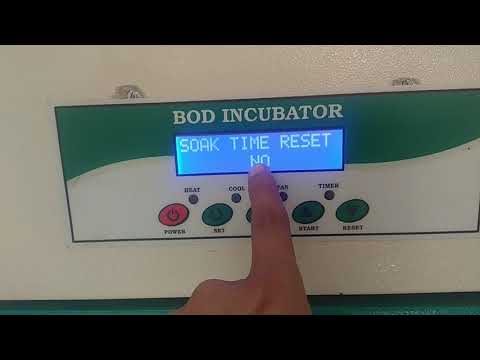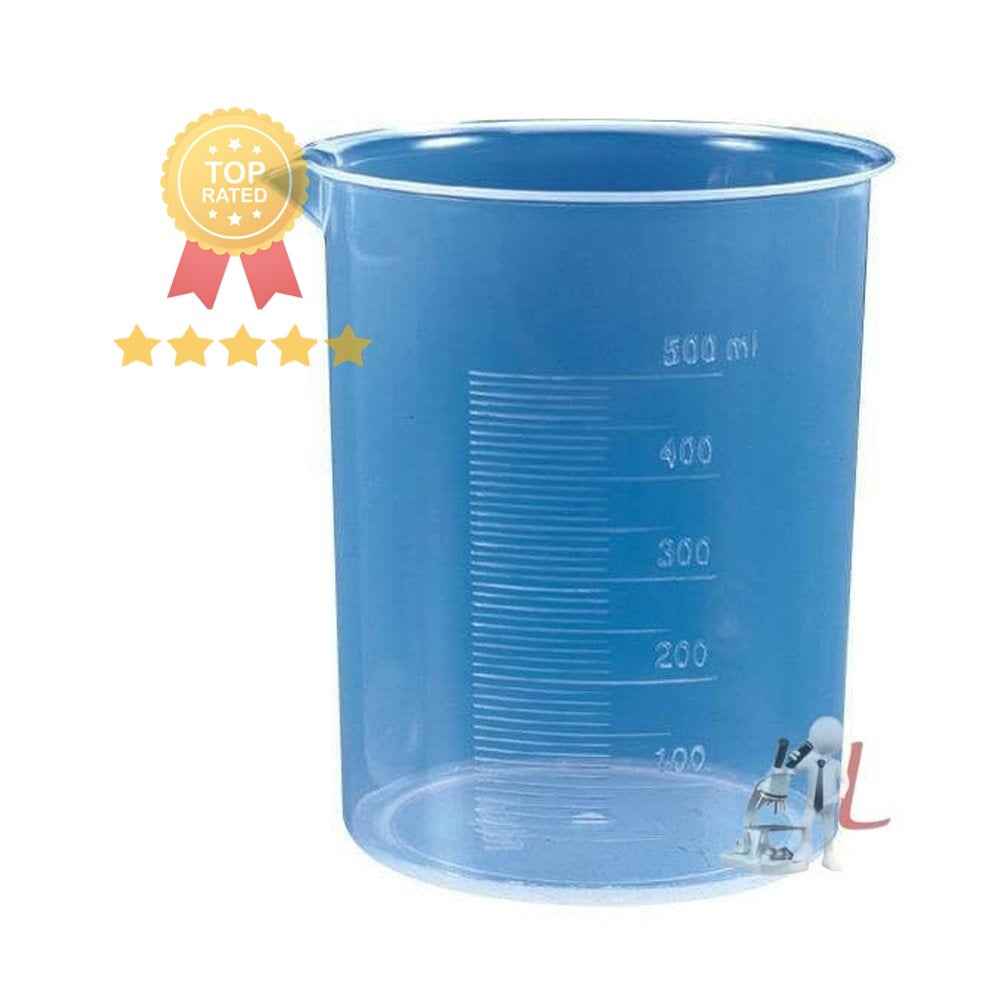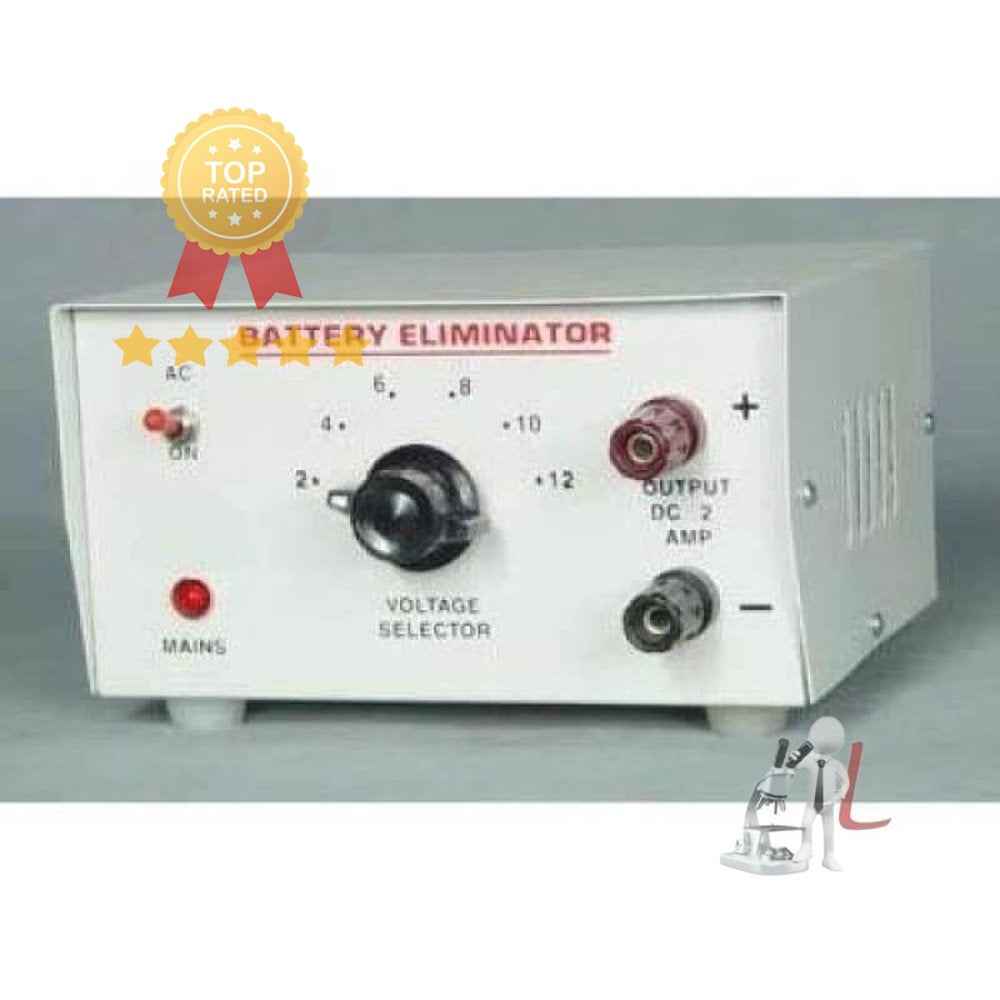Pharmaceutical and Research Lab Equipment
Pharmaceutical and Research Lab Equipment are essential tools in the development and production of pharmaceuticals. These tools facilitate accurate and efficient scientific experiments, ensuring that the highest standards of quality and safety are met. In the world of pharmaceuticals, precision is paramount. The equipment used in research laboratories plays a crucial role in everything from drug formulation to quality control and stability testing.
The range of Pharmaceutical and Research Lab Equipment includes but is not limited to analytical balances, centrifuges, fume hoods, incubators, and various types of chromatography systems. Each of these tools serves a specific purpose, aiding researchers and scientists in their pursuit of groundbreaking discoveries and advancements in the medical field.
Analytical balances are vital for measuring small quantities of substances with incredible accuracy. These balances are designed to provide exact measurements that are essential for formulating drugs and conducting experiments. The precision they offer integrates well into various research protocols, ensuring reproducible and reliable results.
Centrifuges, on the other hand, are used to separate components of mixtures based on their density. In pharmaceutical research, they are crucial for preparing samples, isolating cells, and even separating serum from whole blood. The ability to efficiently separate and analyze components is critical in developing effective therapies and understanding biological processes.
Fume hoods are another important piece of Pharmaceutical and Research Lab Equipment. These ventilated enclosures protect researchers by filtering hazardous vapors and chemicals, ensuring safety in the laboratory environment. Effective fume hoods are essential for maintaining a safe workspace while handling toxic or volatile substances.
Incubators are used to provide a controlled environment for experiments requiring specific temperature and humidity levels. This equipment is vital in microbiology labs for culturing microbes and cell lines, facilitating the growth of organisms under optimal conditions. The reliability of incubators directly impacts the success of experiments and the reliability of collected data.
Chromatography systems, including high-performance liquid chromatography (HPLC) and gas chromatography (GC), are indispensable for separating and analyzing compounds. These systems are essential in the pharmaceutical industry for purity testing, identifying substances, and quantifying active ingredients in formulations. The development of new drugs hinges on the ability to analyze complex mixtures accurately, and chromatography provides that capability.
Moreover, the integration of advanced technologies in Pharmaceutical and Research Lab Equipment has revolutionized research practices. Automation in laboratories, through the use of robotic systems and software, has increased efficiency and precision in experiments. Automated liquid handling systems, for example, minimize human error and enhance throughput by allowing for high-volume sample processing.
In addition to traditional equipment, emerging technologies such as mass spectrometry and molecular imaging are becoming more prevalent in pharmaceutical laboratories. Mass spectrometry offers powerful analytical capabilities, enabling scientists to determine the structure, composition, and molecular weight of compounds. Meanwhile, molecular imaging techniques provide insights into the dynamic processes within living organisms, aiding drug discovery and development.
The importance of proper maintenance and calibration of Pharmaceutical and Research Lab Equipment cannot be overstated. Regular maintenance ensures that all equipment functions optimally and provides reliable results. Calibration is crucial, especially for analytical instruments, as it ensures accuracy and compliance with regulatory standards. Labs must adhere to strict protocols to maintain their equipment and validate their results.
Safety is a top priority in pharmaceutical laboratories, and therefore, proper training in using Pharmaceutical and Research Lab Equipment is essential. Researchers and lab technicians must understand how to operate equipment safely and effectively to minimize risks associated with handling chemicals and biological materials. Lab safety protocols must be followed meticulously to prevent accidents and ensure a safe working environment.
As the pharmaceutical industry continues to evolve, the demand for innovative and reliable lab equipment will remain high. New technologies, coupled with rigorous testing and regulatory oversight, will drive the development of more advanced Pharmaceutical and Research Lab Equipment. Researchers must stay abreast of these developments to ensure that they are equipped with the most effective tools for their work.
In conclusion, Pharmaceutical and Research Lab Equipment serves as the backbone of the pharmaceutical industry, enabling researchers to conduct experiments, analyze data, and ultimately develop new therapies. With advancements in technology and a continuous commitment to safety and compliance, these tools will play an even more significant role in the future of pharmaceutical research and development.
Filter
Sort by

